WELCOME TO THE OFFICIAL HORUS X STORE



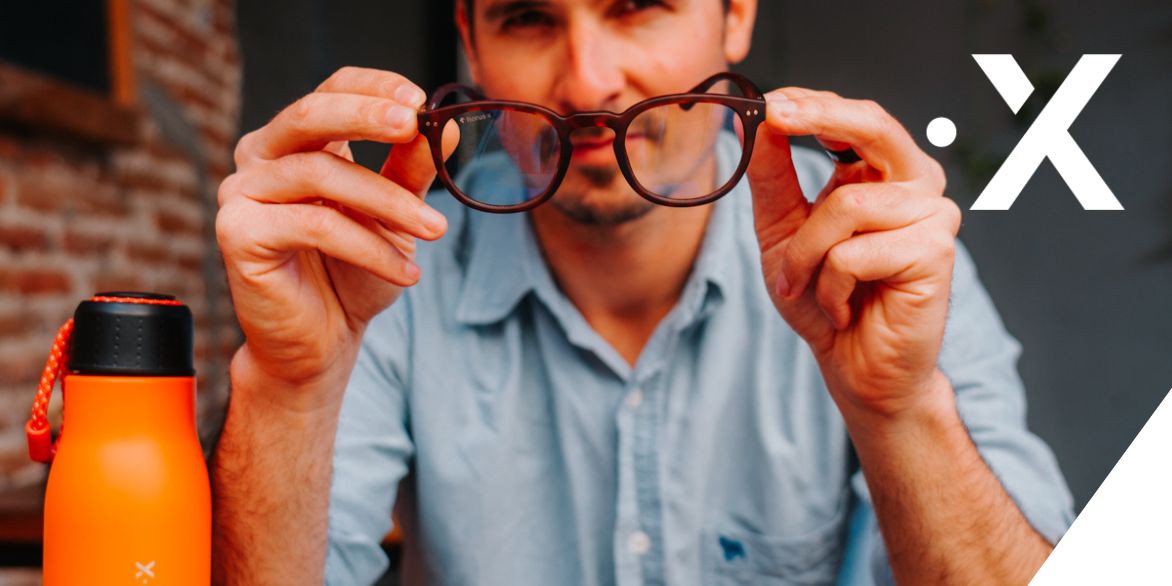
Which pair is made for you?
Take the test! 2 minutes to find out which lenses and frames to choose based on your screen usage and your face shape!
Let customers speak for us
Explore further!
Do you ask yourself questions?
Is blue light really dangerous?
According to the Ministry of Health and the ANSES report (2019) : " Recent scientific data, taken into account as part of the new expertise, make it possible to establish that the phototoxic effect on the retina of exposure acute (less than 8 hours) to blue-rich light is proven and that the role of chronic exposure of the retina (several years) to blue-rich light on the occurrence of age-related macular degeneration (AMD) is also proven "
Everyone talks about it but few really seem to measure the impact it can have.
Unfortunately, some brands even add confusion and mistrust by not being transparent about the filtrations offered.
The most harmful blue-violet light is that between 380 and 450 nanometers , because its very short waves are the most energetic and therefore the most harmful to the eye. These are the ones you should avoid.
With our Amber filters, you get over 86% filtration against the harmful spectrum. With our Clear filter, more than 60% filtration is achieved.
Every day we are exposed to screens for around 6 hours, and the increasing use of new technologies leads to overexposure of the eye to harmful blue light.
Visual fatigue and sunlight disturbances are recognized short-term dangers. Vision loss (AMD), attention deficit disorder (ADHD), potentially long term. Even though there is still a lot of research underway on long-term effects, many effects are now recognized by the scientific community.
All our scientific references are at the bottom of this page here (click) .
Will the glasses distort the colors?
It depends on the intensity of your protection.
We have designed one of the most powerful glasses on the market in transparent glasses. In " Clear " filtration, the lenses offer an almost invisible color distortion for optimal protection for everyday use.
With the intense " Amber " lenses, we have chosen an amber-colored lens to reduce color distortion as much as possible while having really intensive protection for the big players. ( Our filters and technologies are among the best on the market. )
In any case, even with a slightly changed color, you will adapt to it very quickly. Within minutes, you won't even notice them!
If you are a graphic designer or a photographer and you need a visual of your screen with an exact color, a quick glance over the glasses and you're done.
What is the difference with software? Are glasses really more effective than an app?
Software and apps block blue light directly on your computer or smartphone screen. They work either by transforming the color in the video driver, or with a colored filter on top.
It's quite effective and frankly we recommend them, most of them are free! It is better to install software than to do nothing. ( our article here for more information on anti-blue light applications )
But the protection is not total. They are not able to block all the blue light emitted, or even block the LED backlight.
Glasses protect you from all sources of blue light. It is difficult to reduce the blue light from your television screen, for example if you are playing in console mode, or when it comes to LED lights on the ceiling.
If you are in an environment where you move from one screen to another (group work, coworking, etc.), then anti-blue light glasses also allow you to be better protected.
If it's a question of price, we offer ultra-efficient models with our latest technologies, starting at €34.90!
What is the difference with optical filters?
Opticians now tend to offer an anti-blue light filter on glasses with correction, but we must admit that we are not very satisfied with it.
The level of filtration offered is often very low, so check with your optician. ( Mention the 380-450nm spectrum to ensure the seriousness of the answer! ).
You say you care about the environment but you produce your products in Asia?
Yes, our glasses are made in China and Taiwan!
Often synonymous with very poor quality merchandise (and even let's be frank, often counterfeit), " made in China " or " made in Taiwan " can on the contrary be a sign of quality in the optics industry 😍 ( provided to respect certain criteria !).
We have found rare gems: workshops and factories located between China and Taiwan (depending on the glasses model, the materials used, the design "phase"), capable of respecting technical specifications and registered technologies 🔥
However, we are aware of the environmental and social issues that this involves 👇👇👇
1/ Social
The factories and workshops with which we work are carefully and frequently audited and comply with recognized international standards (notably the SA8000 standard ), which ensure humane and ethical manufacturing practices.
2/ Environment
Logistics : Our imports are mainly done by boat rather than by plane (We are currently working to eventually favor the train).
Manufacturing : We are in the design phase of new frames based on natural and recycled materials. At the same time, our factories comply with the ISO 14001 standard .
Donations : We donate 1% of our sales to French associations which fight on a daily basis to counter the effects of climate change ( in particular Terre & Humanisme )
+ information here on our factories, certifications, and labels
Do you offer prescription glasses?
For the moment we only offer our prescription glasses in France. But we are working hard to get it to wherever you are.
If you wear contact lenses, our non prescription glasses will fit you perfectly. You can also choose our clip on shield.
How are Horus X glasses different from the competition?
1/ The best technologies on the market
2/ A revolutionary price
3/ All your glasses guaranteed for life.
4/ A super nice team ❤️



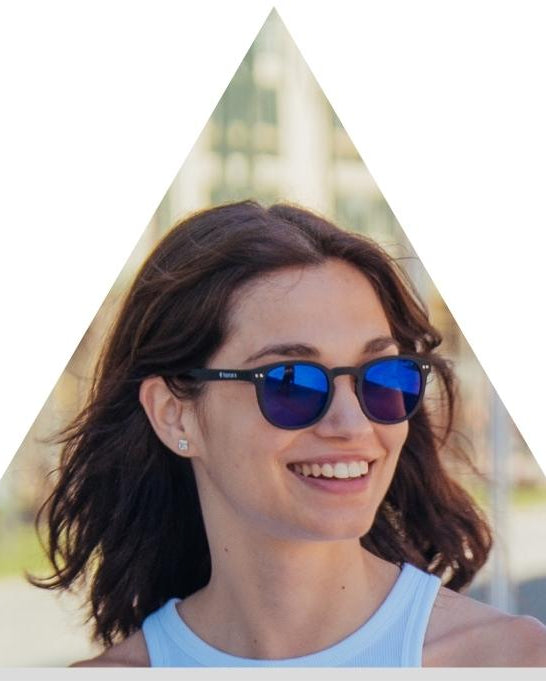
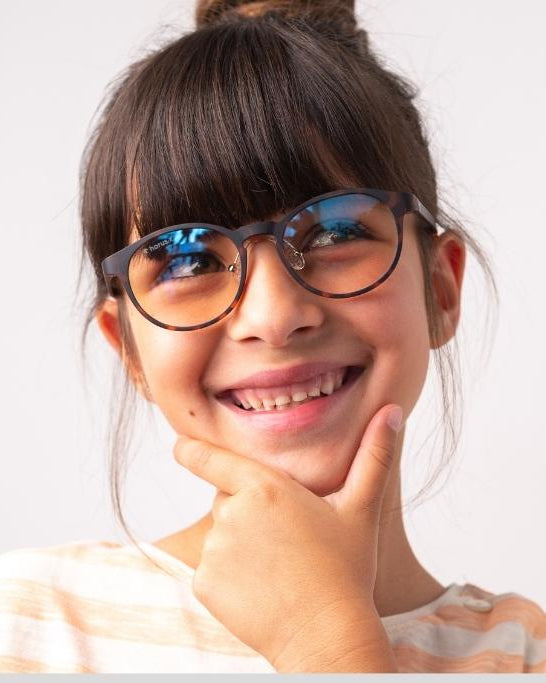
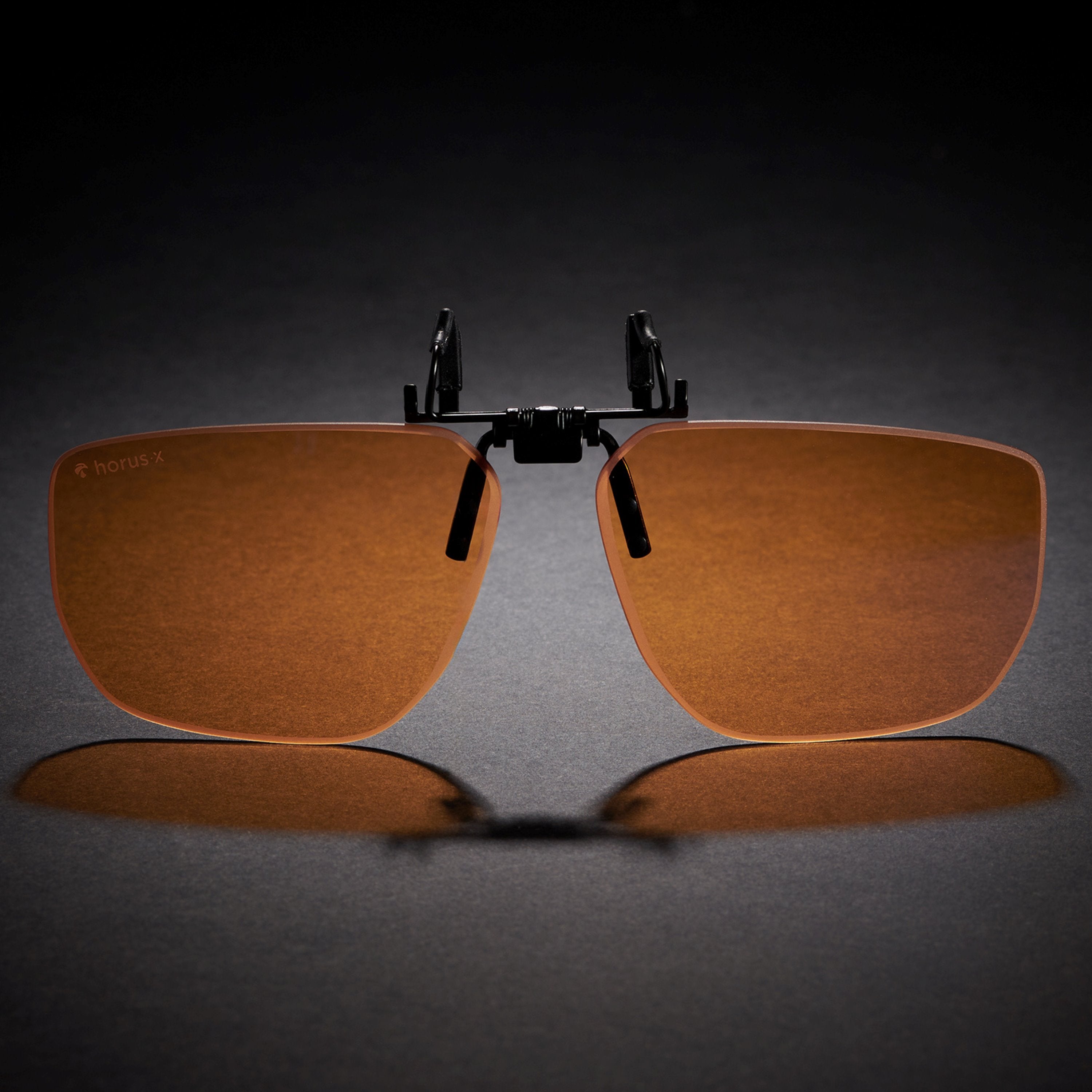
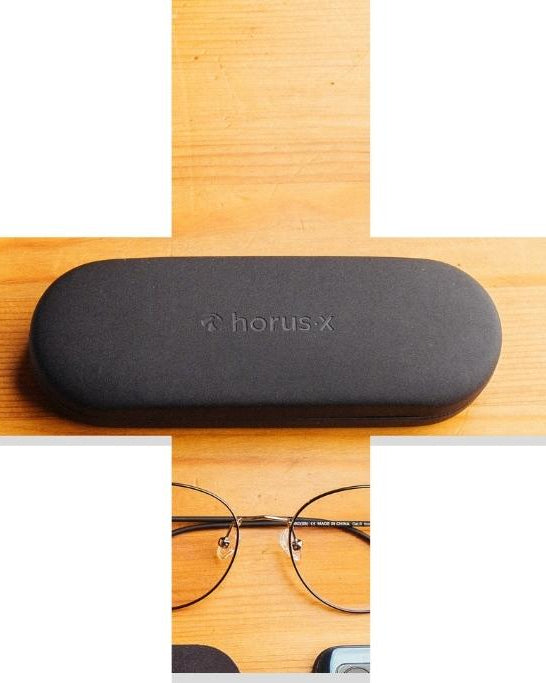










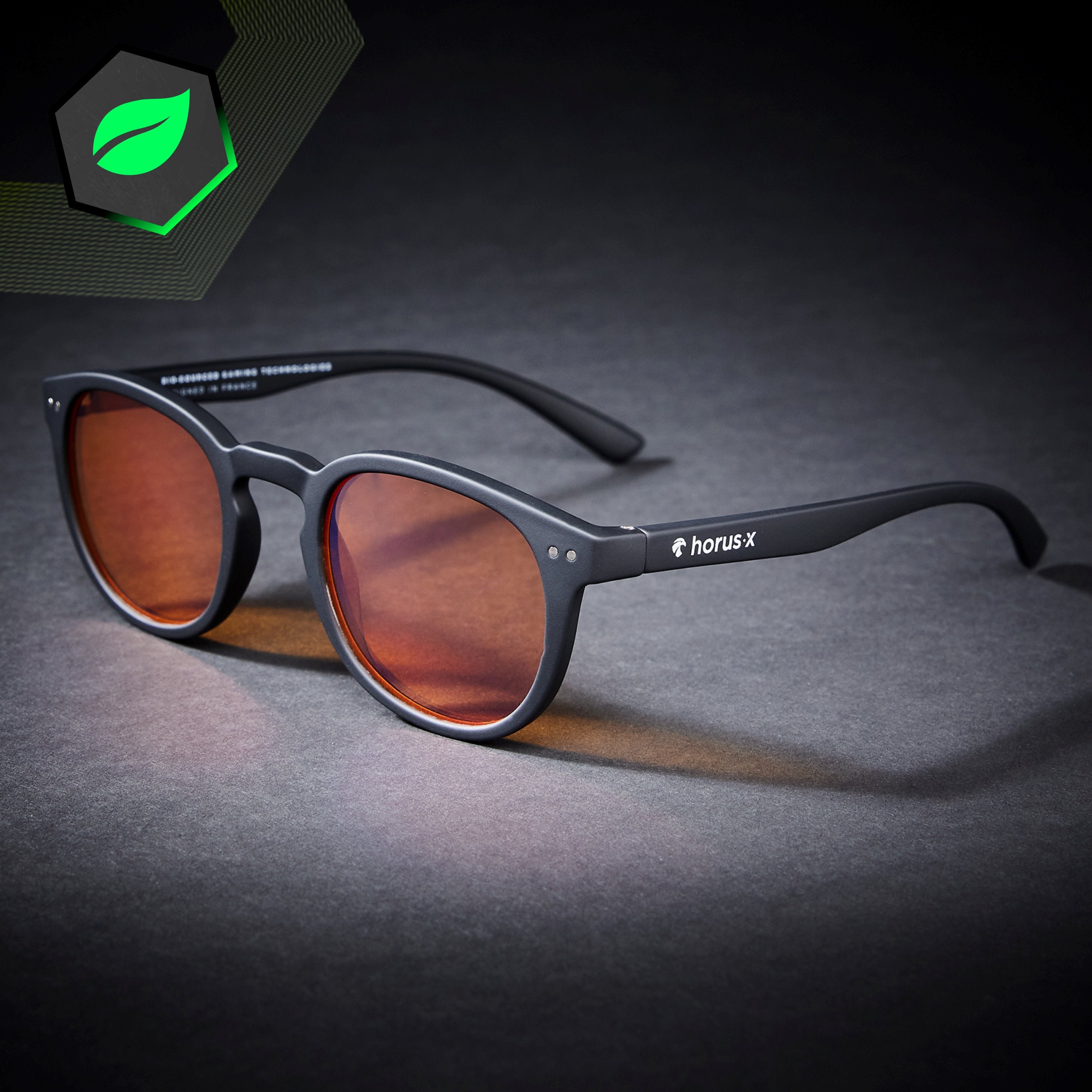
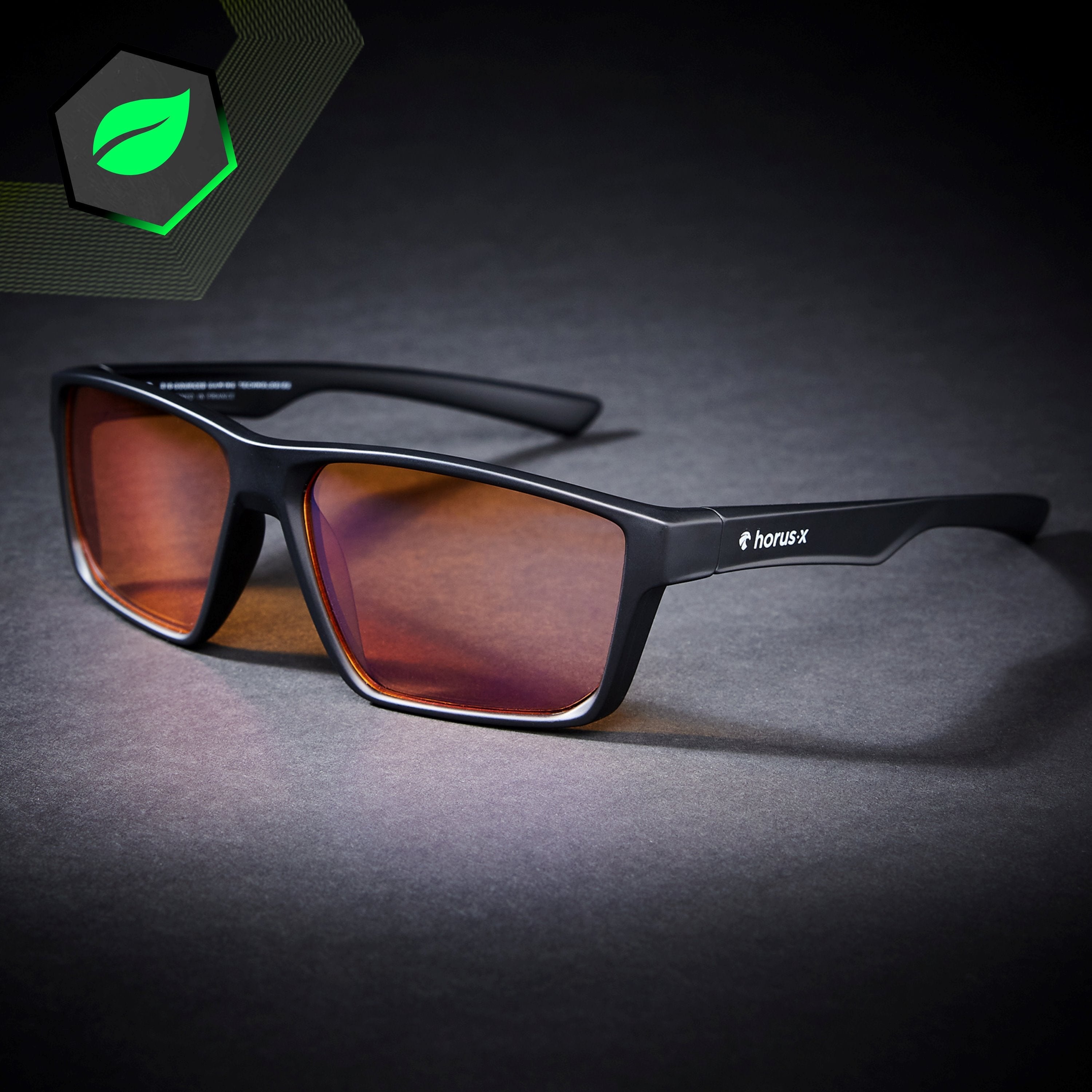
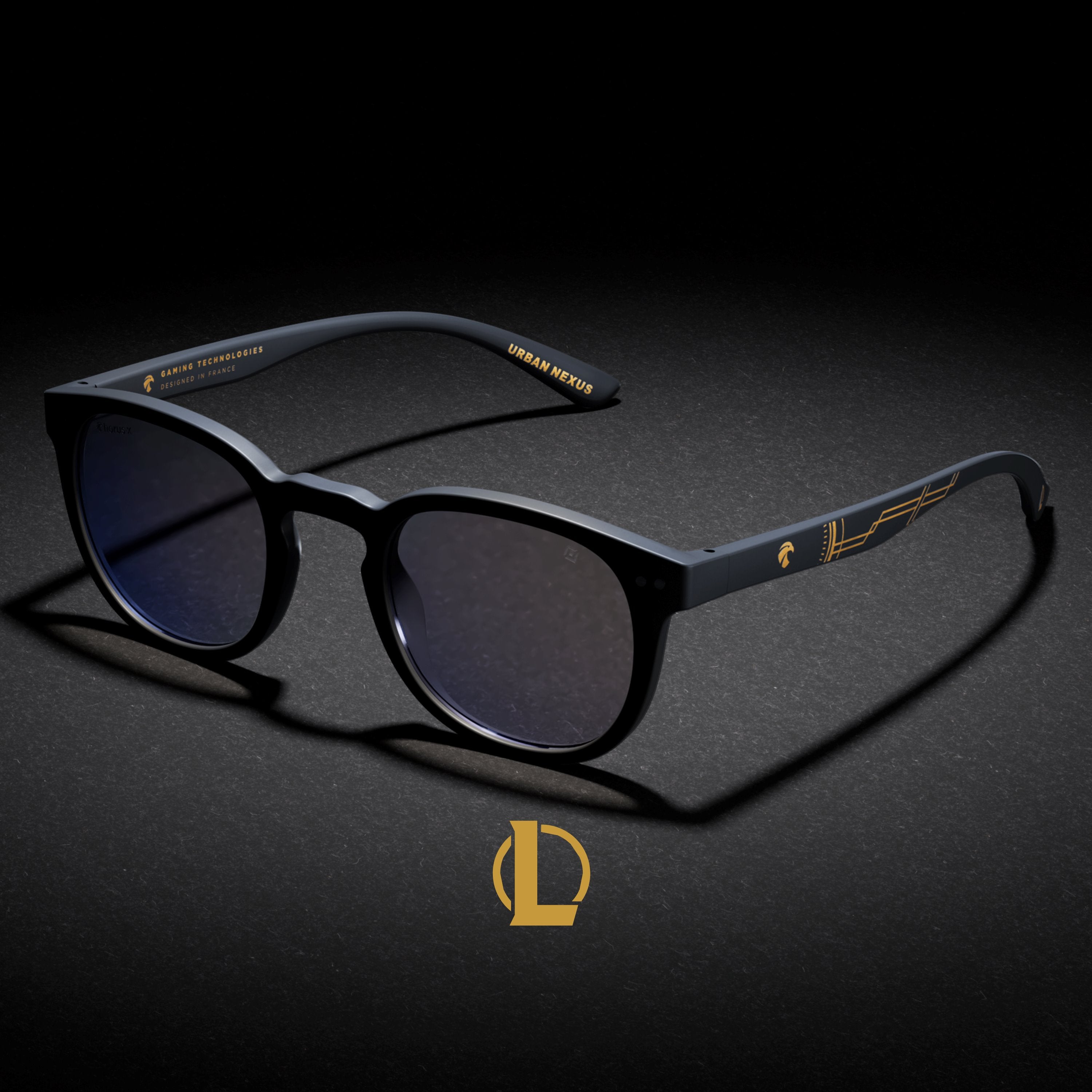
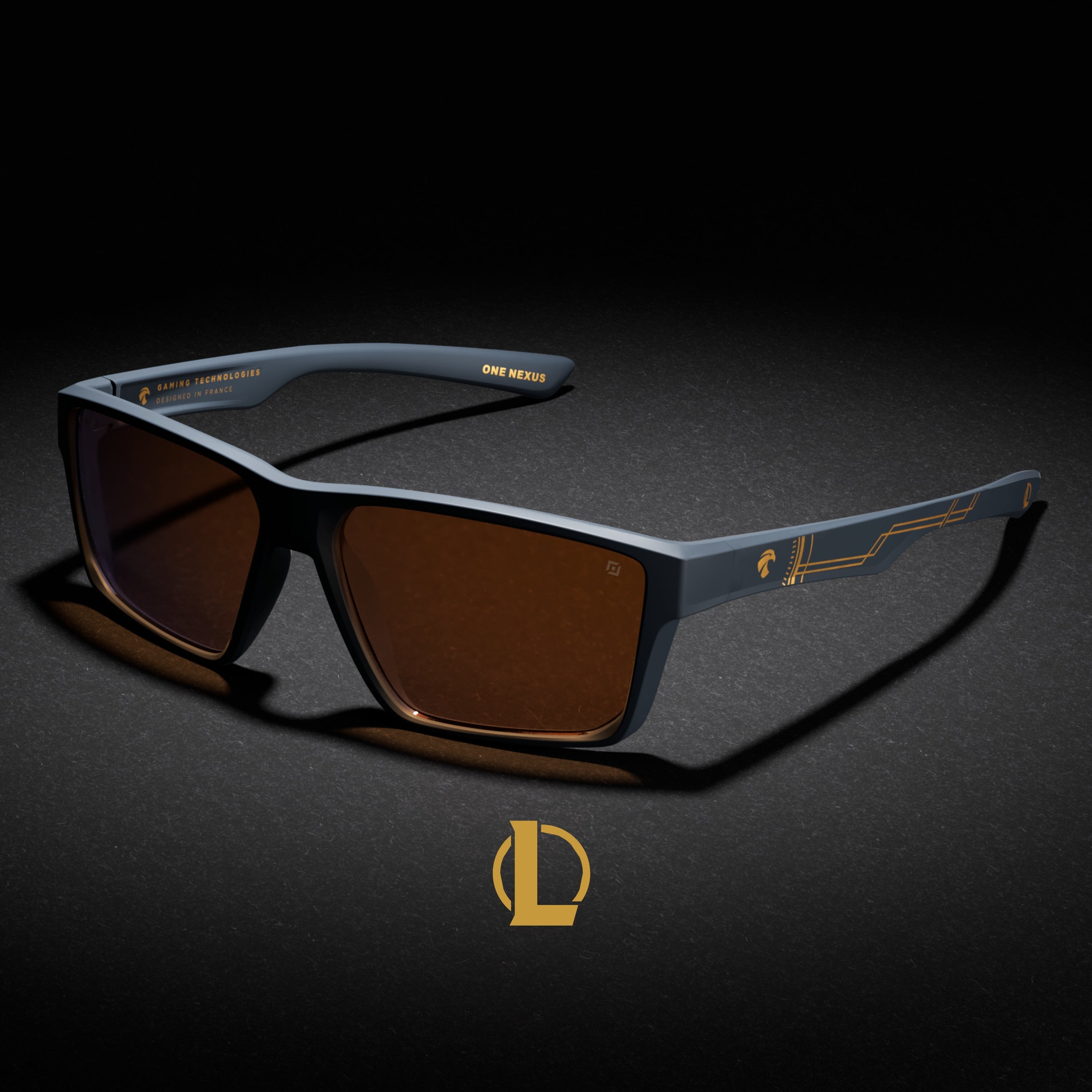
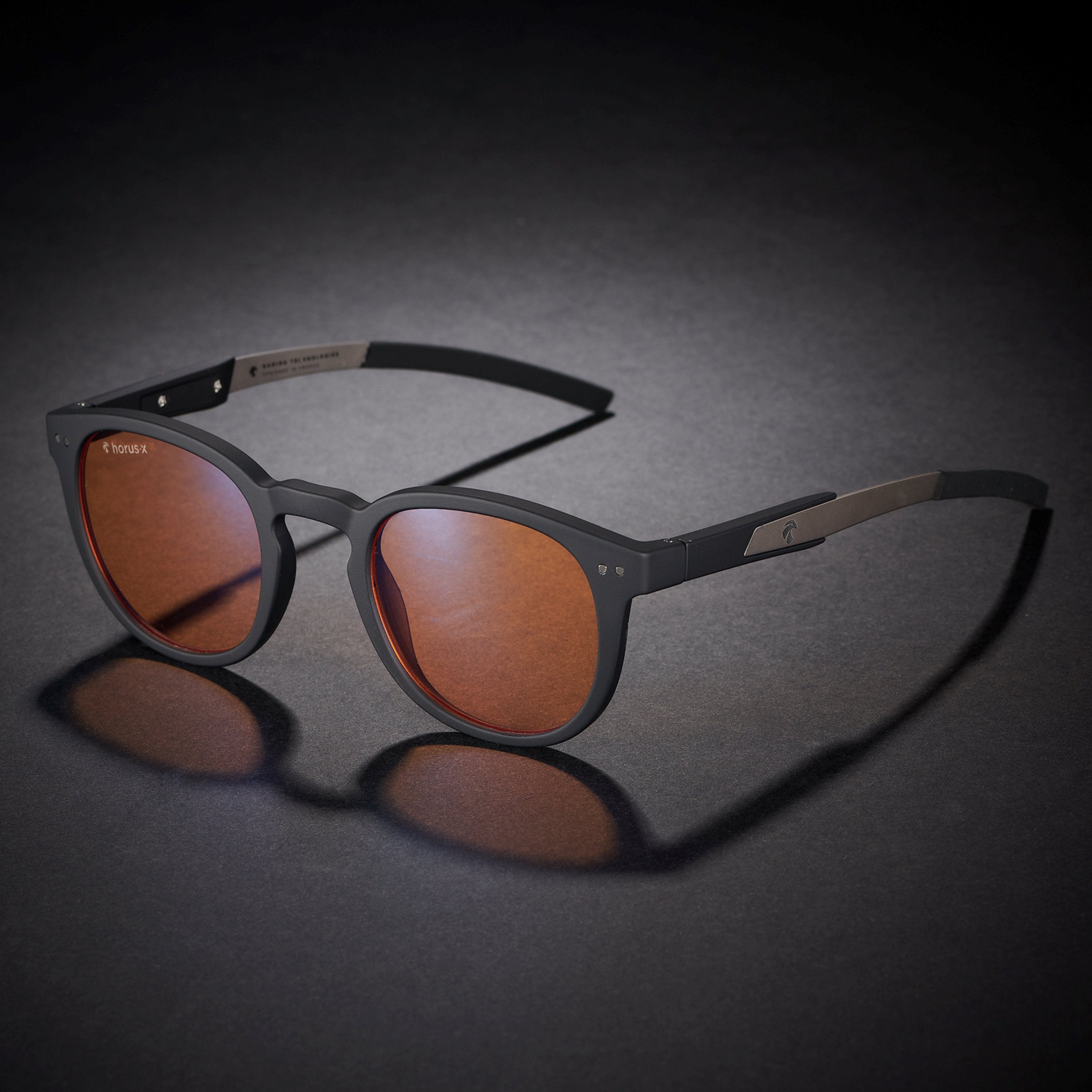
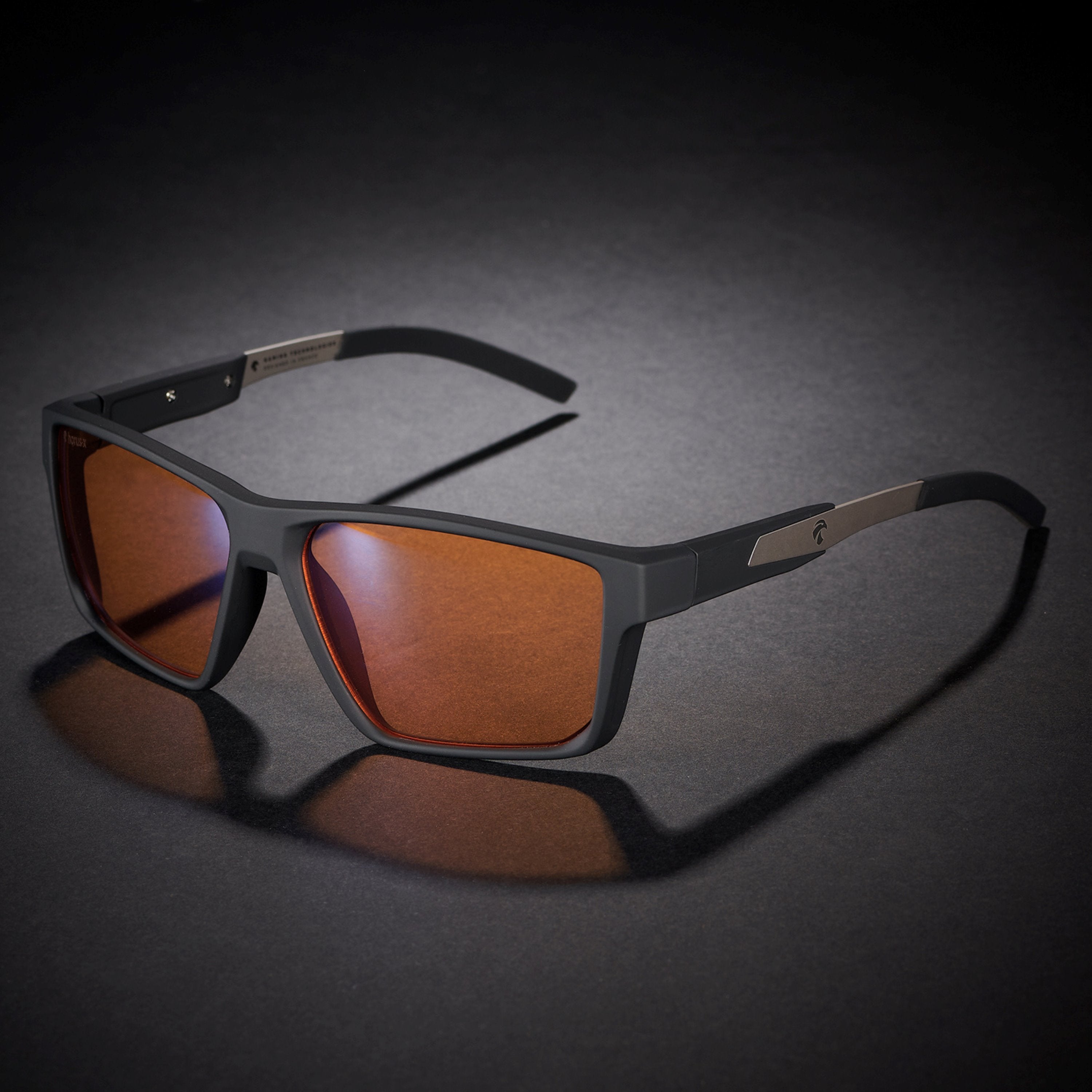
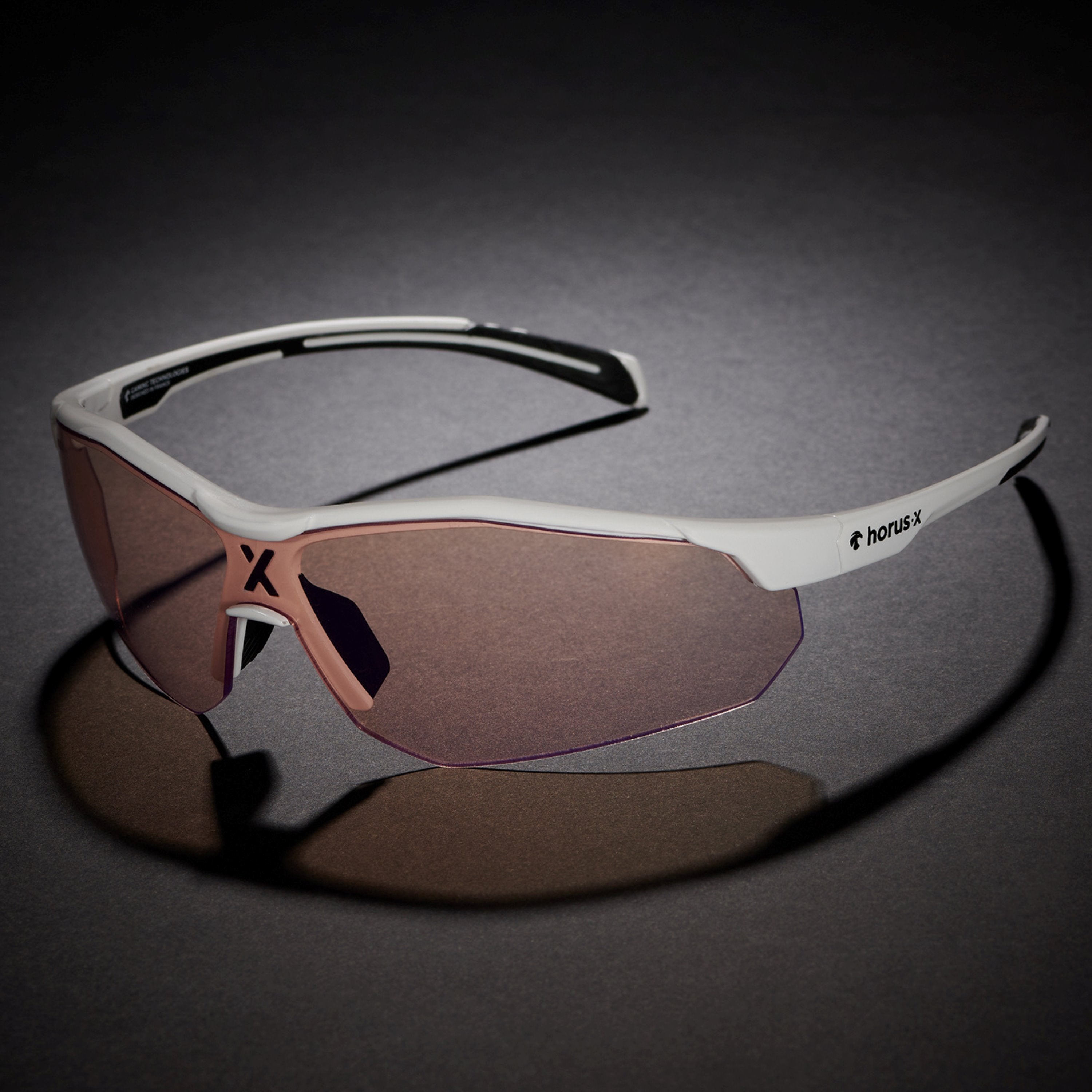
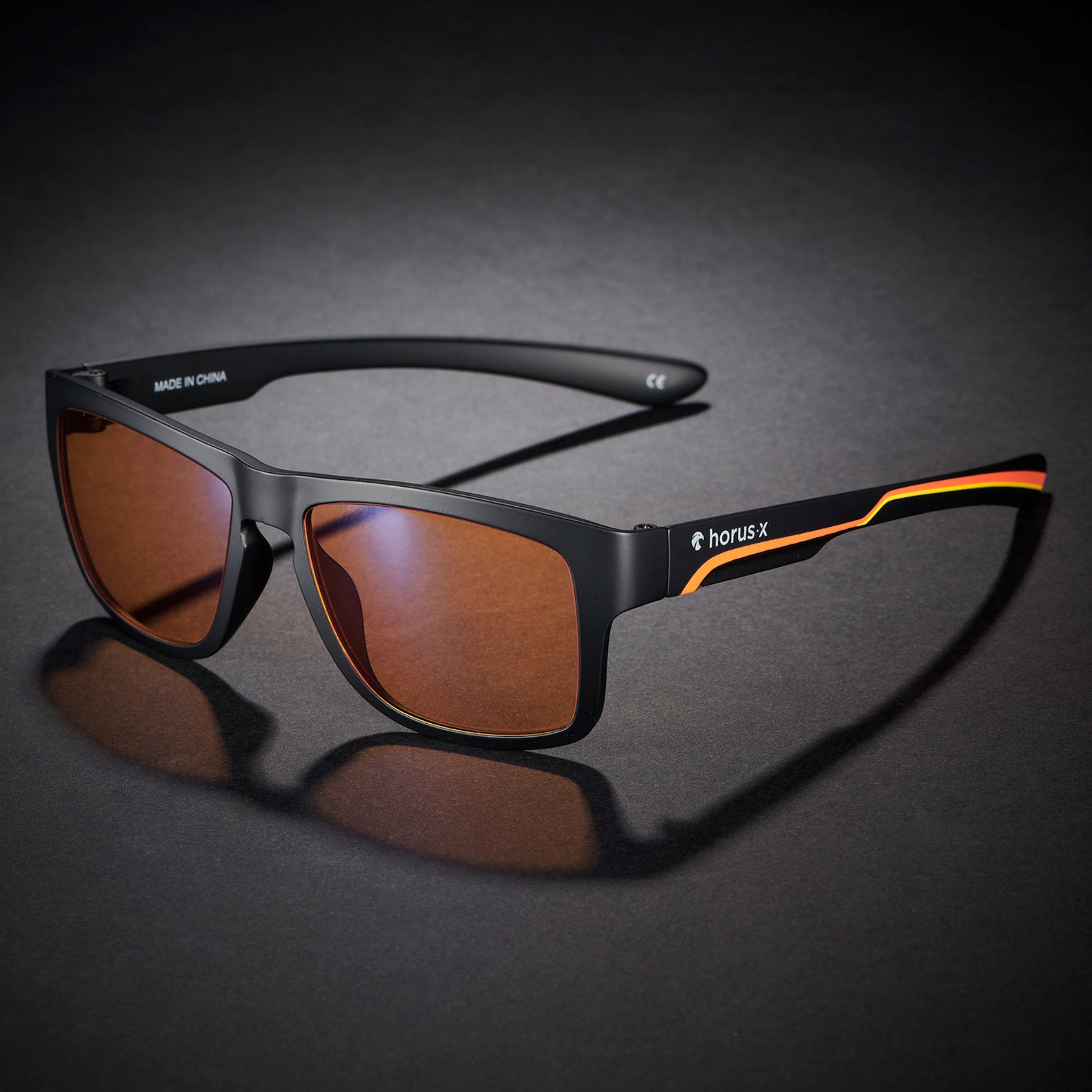
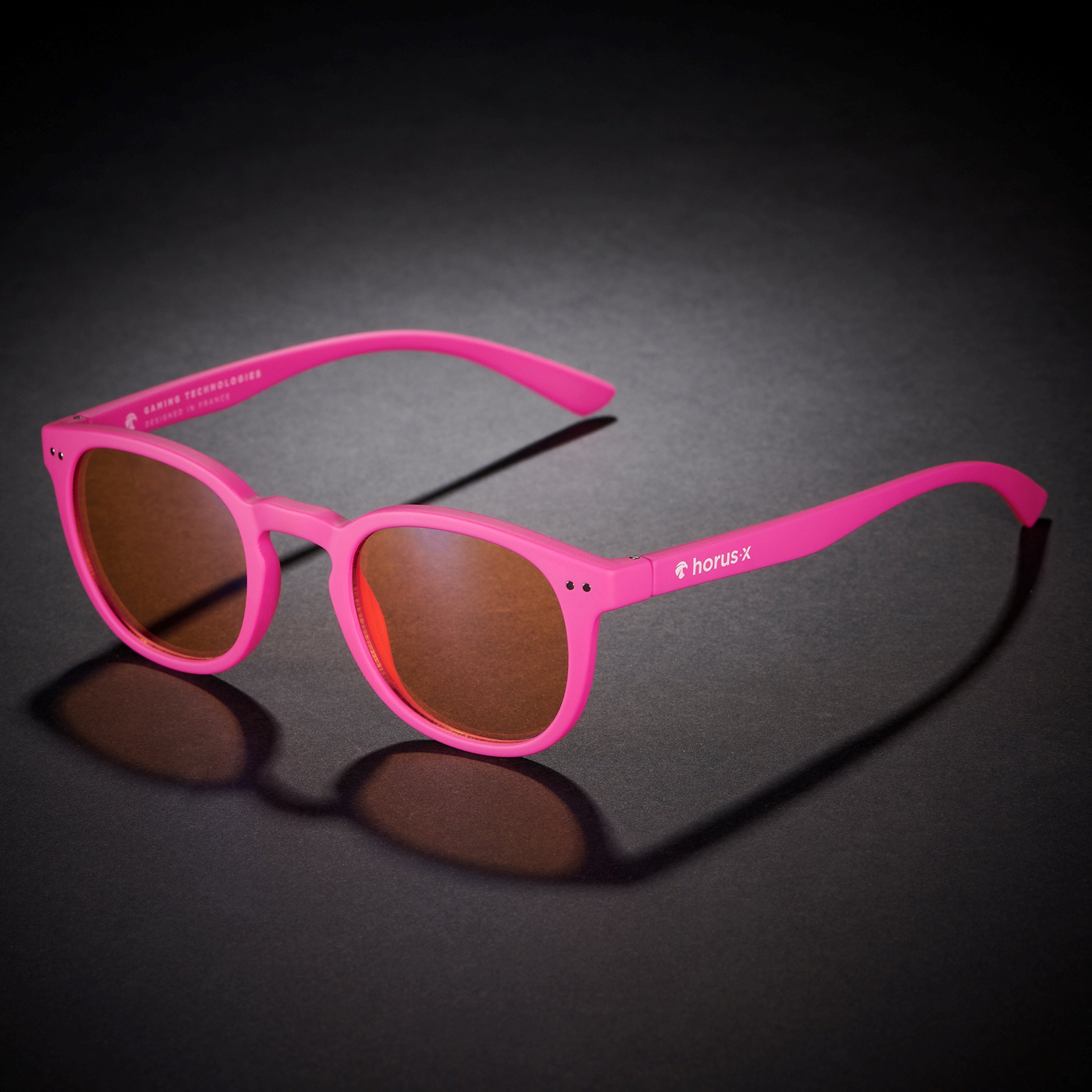
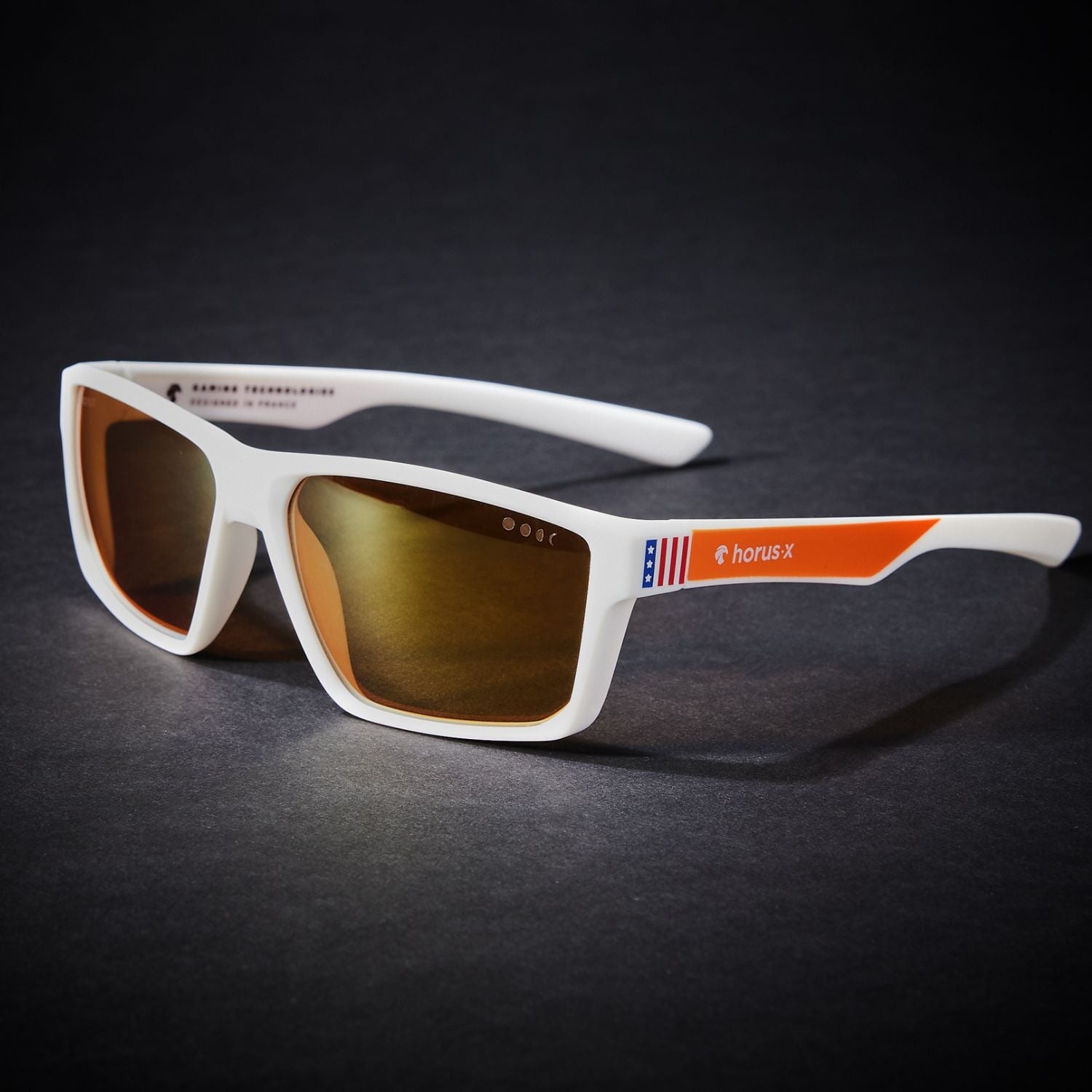
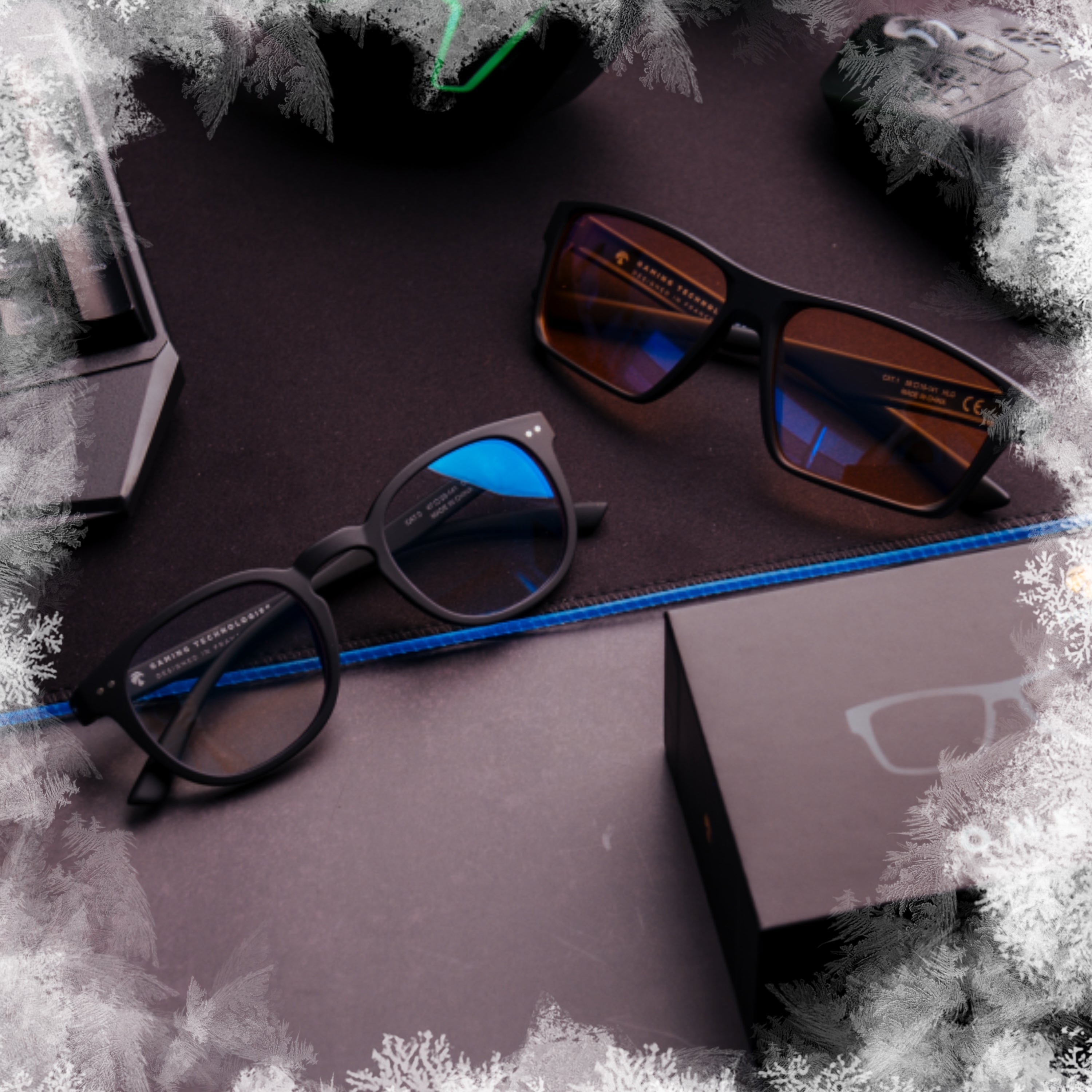
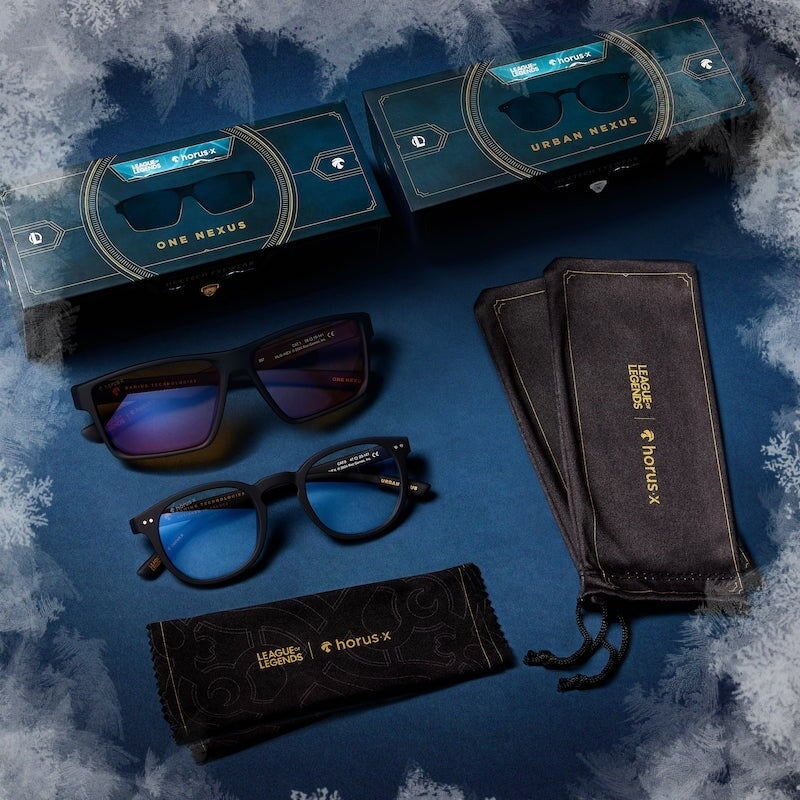


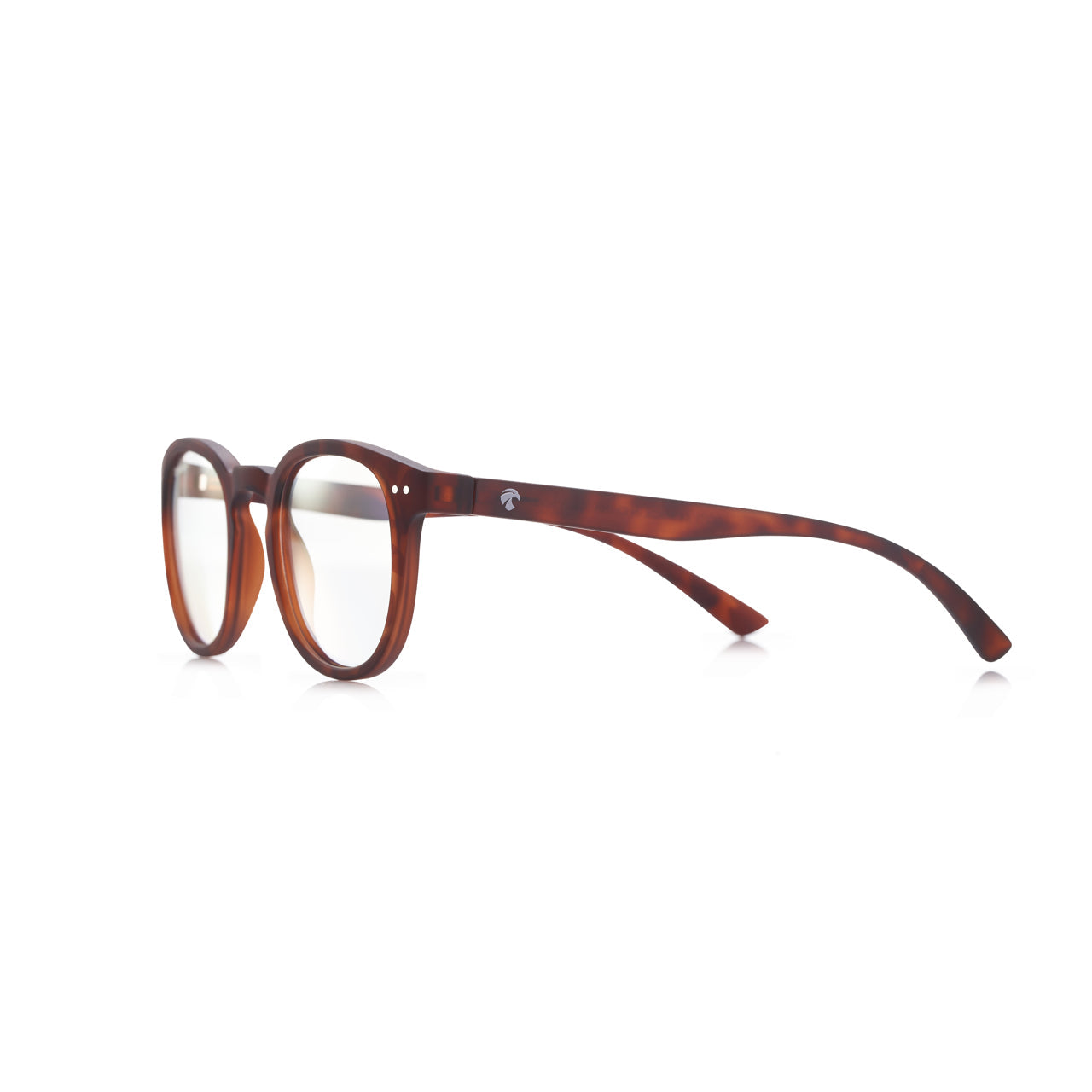
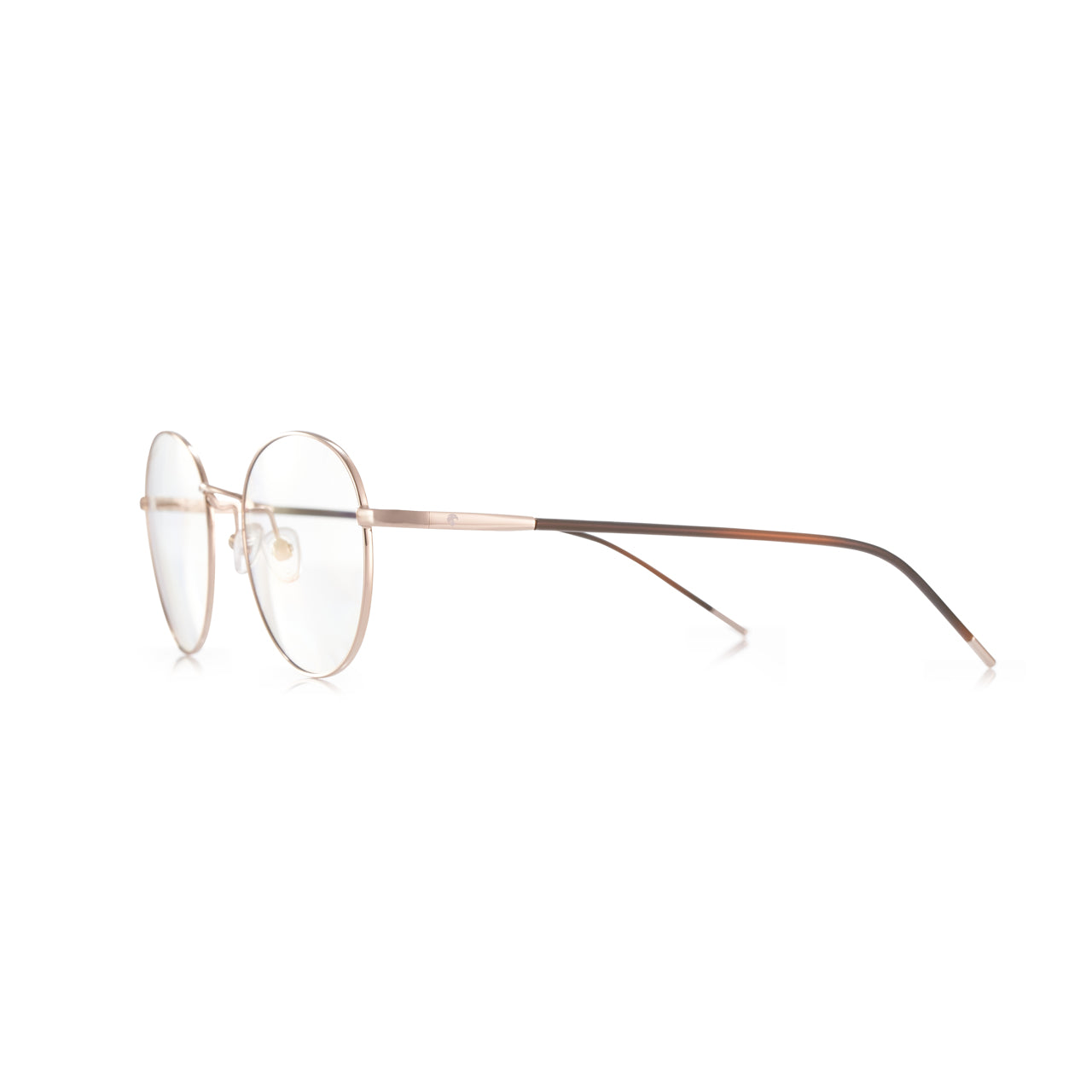
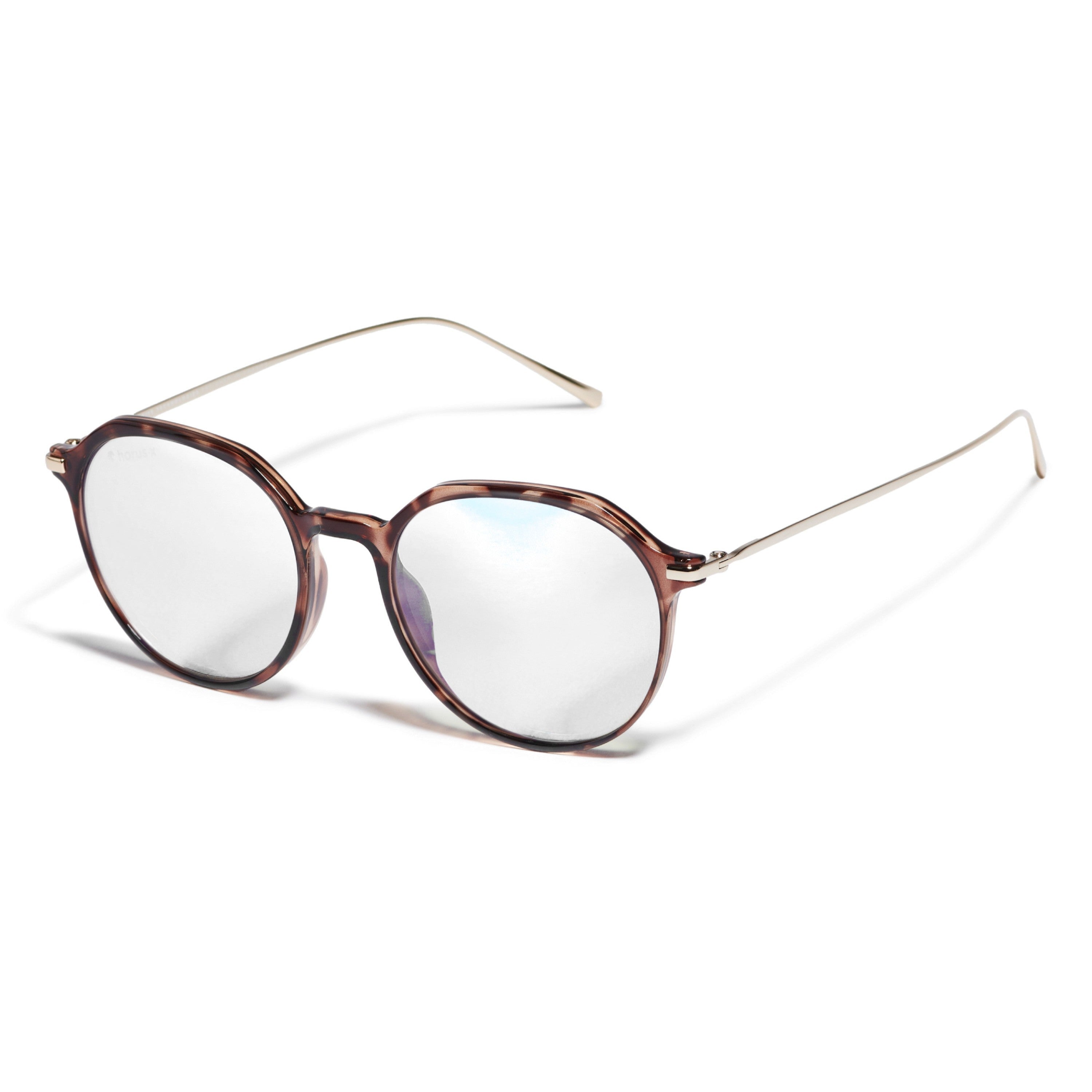
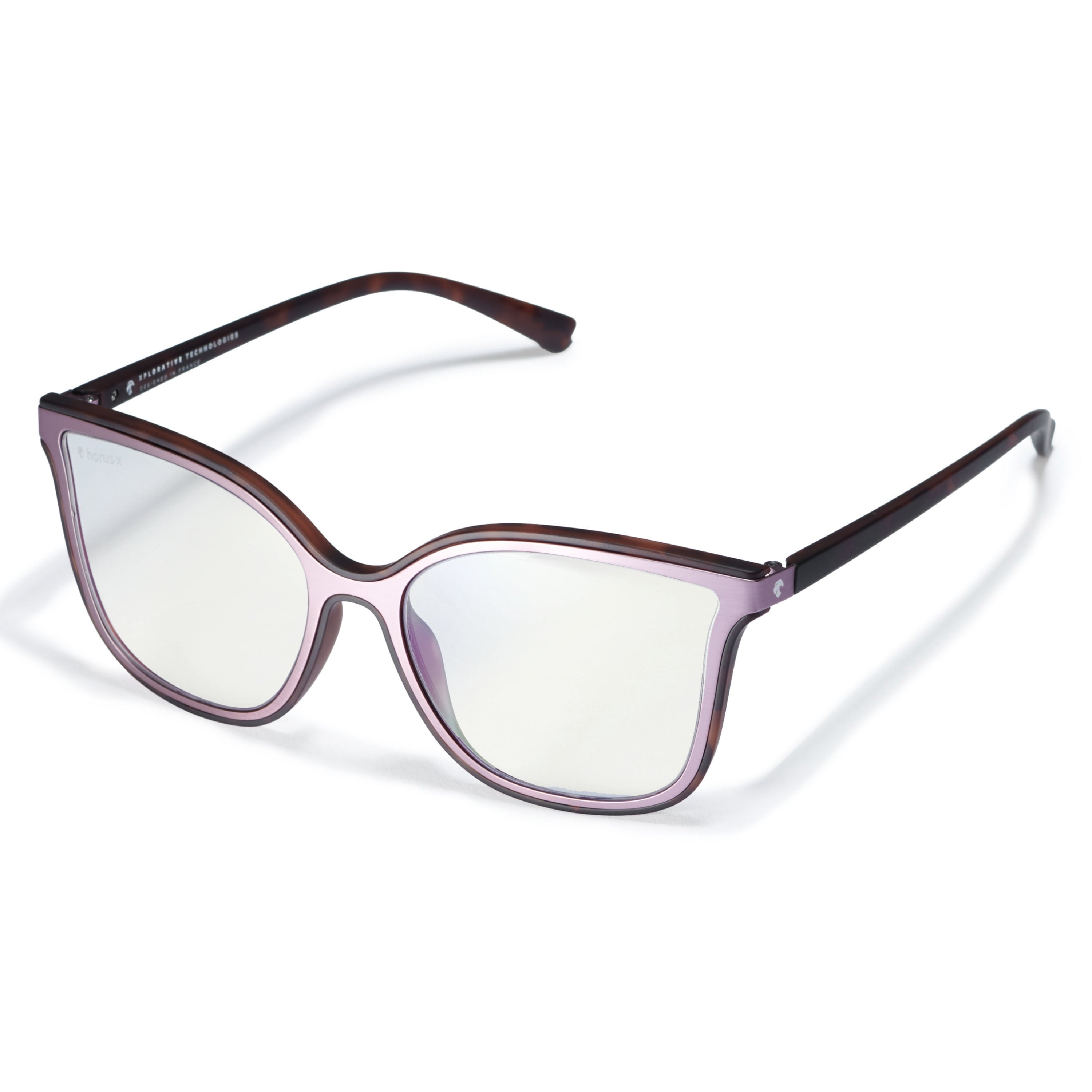
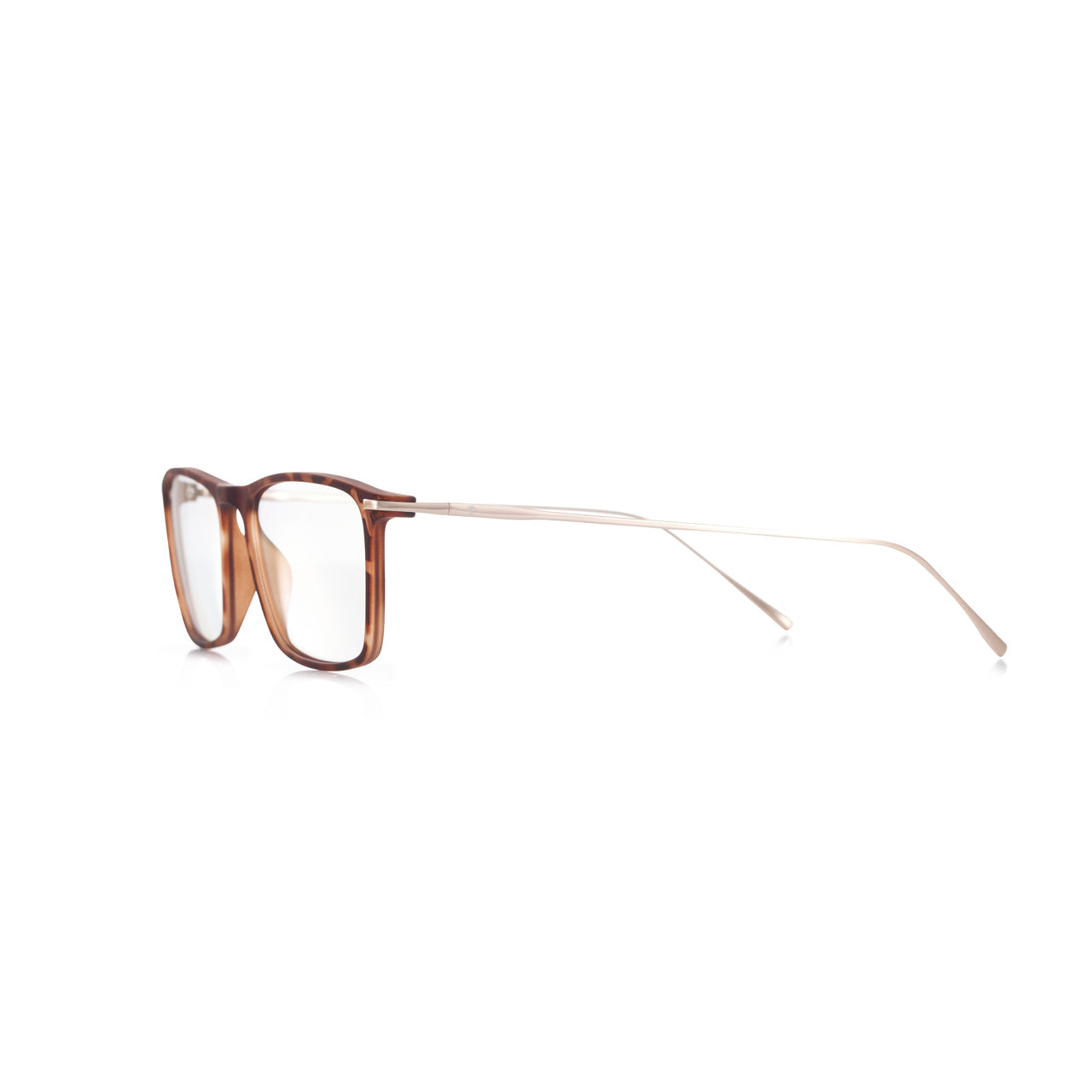
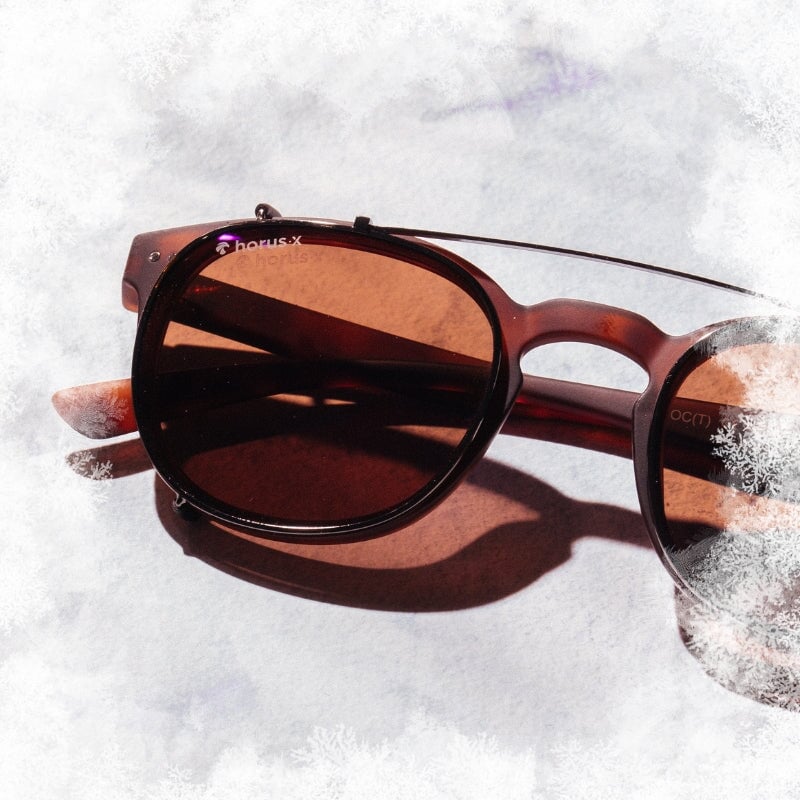
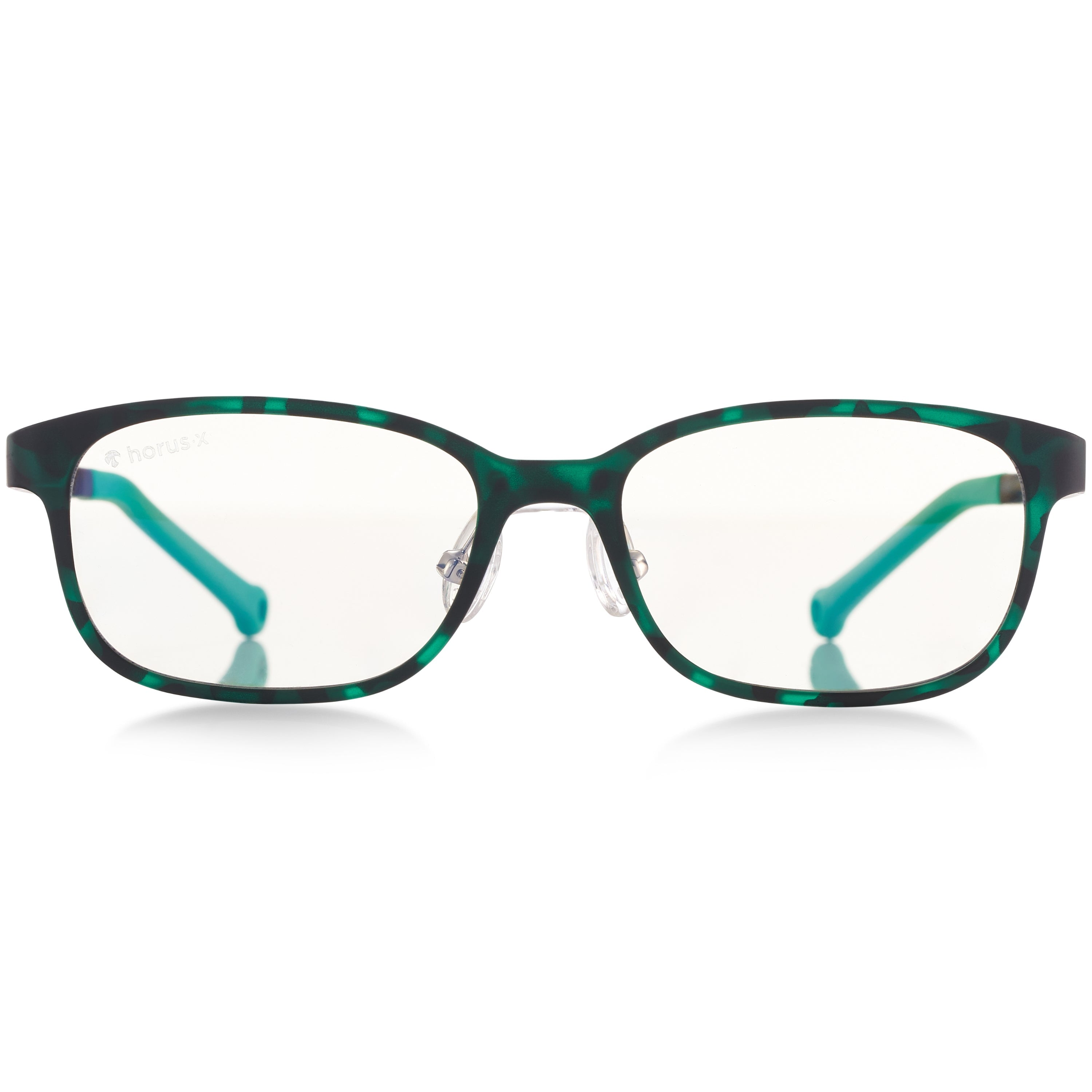
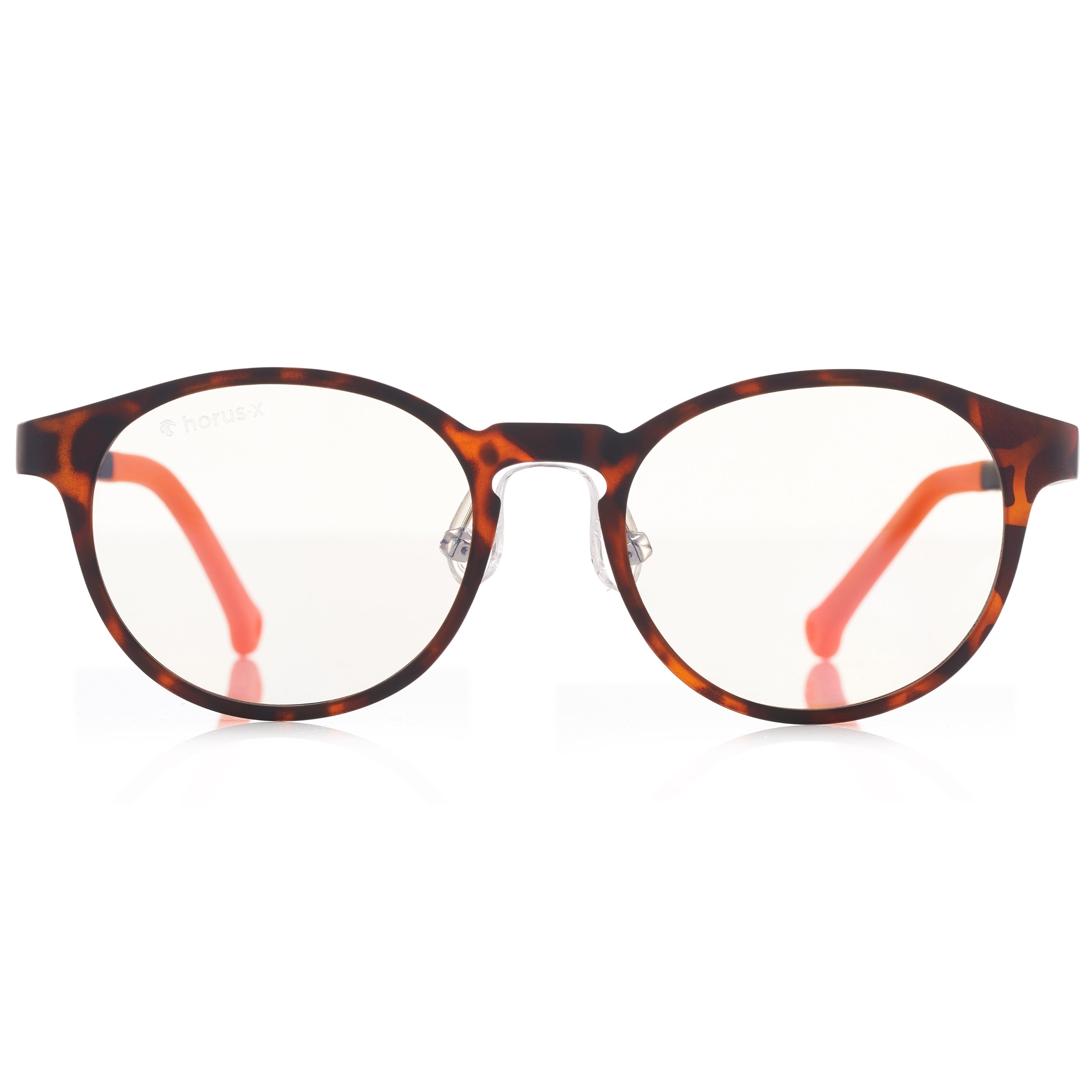
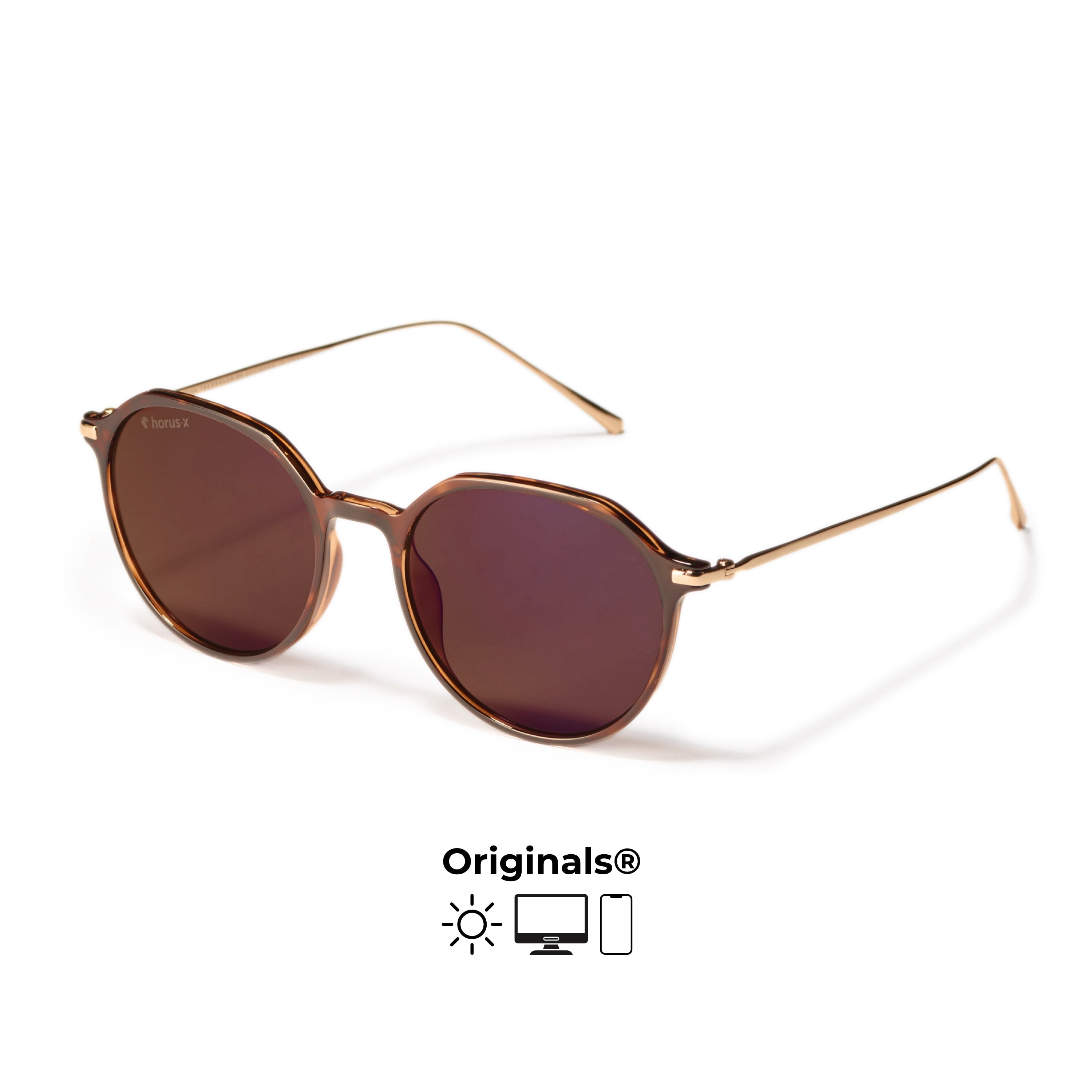

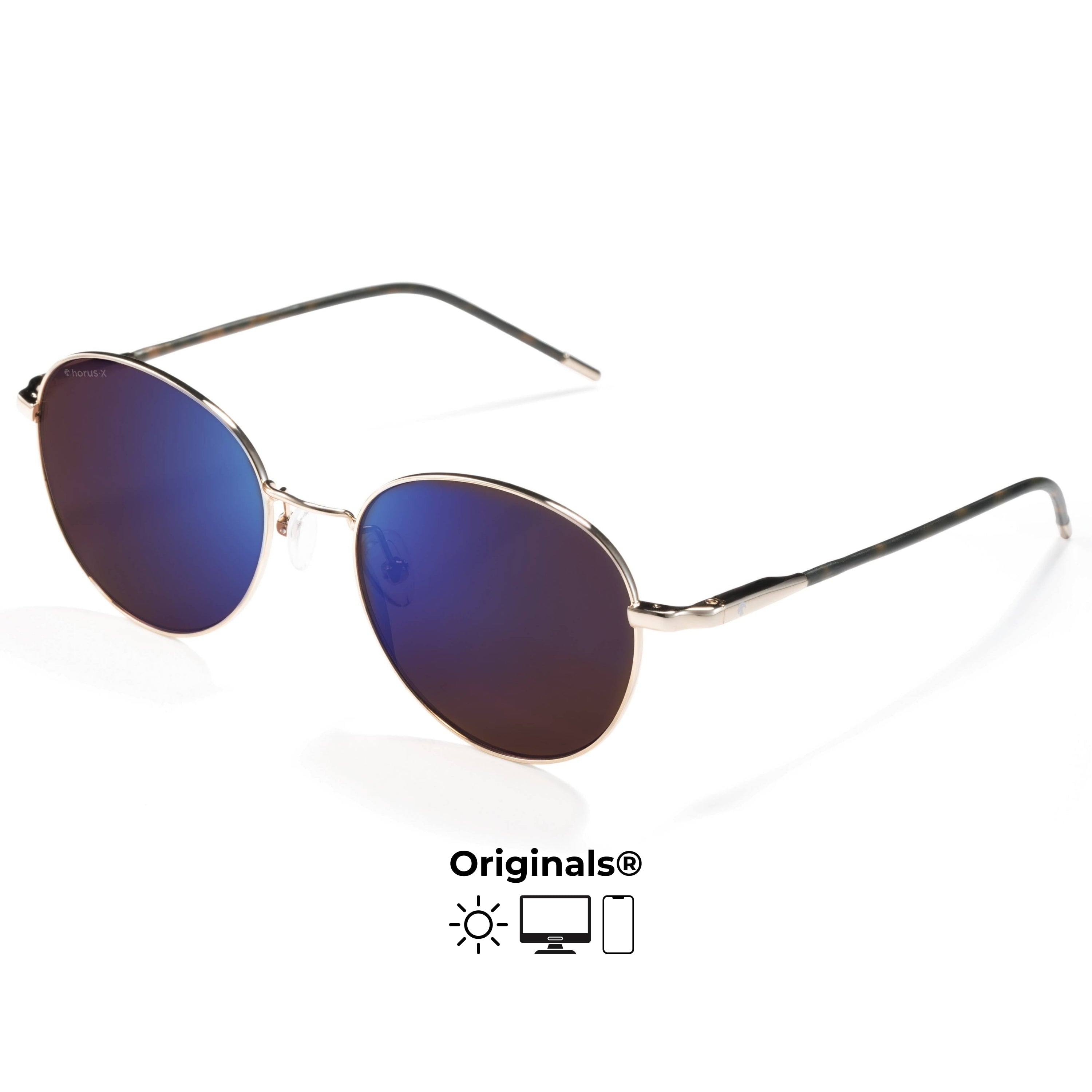
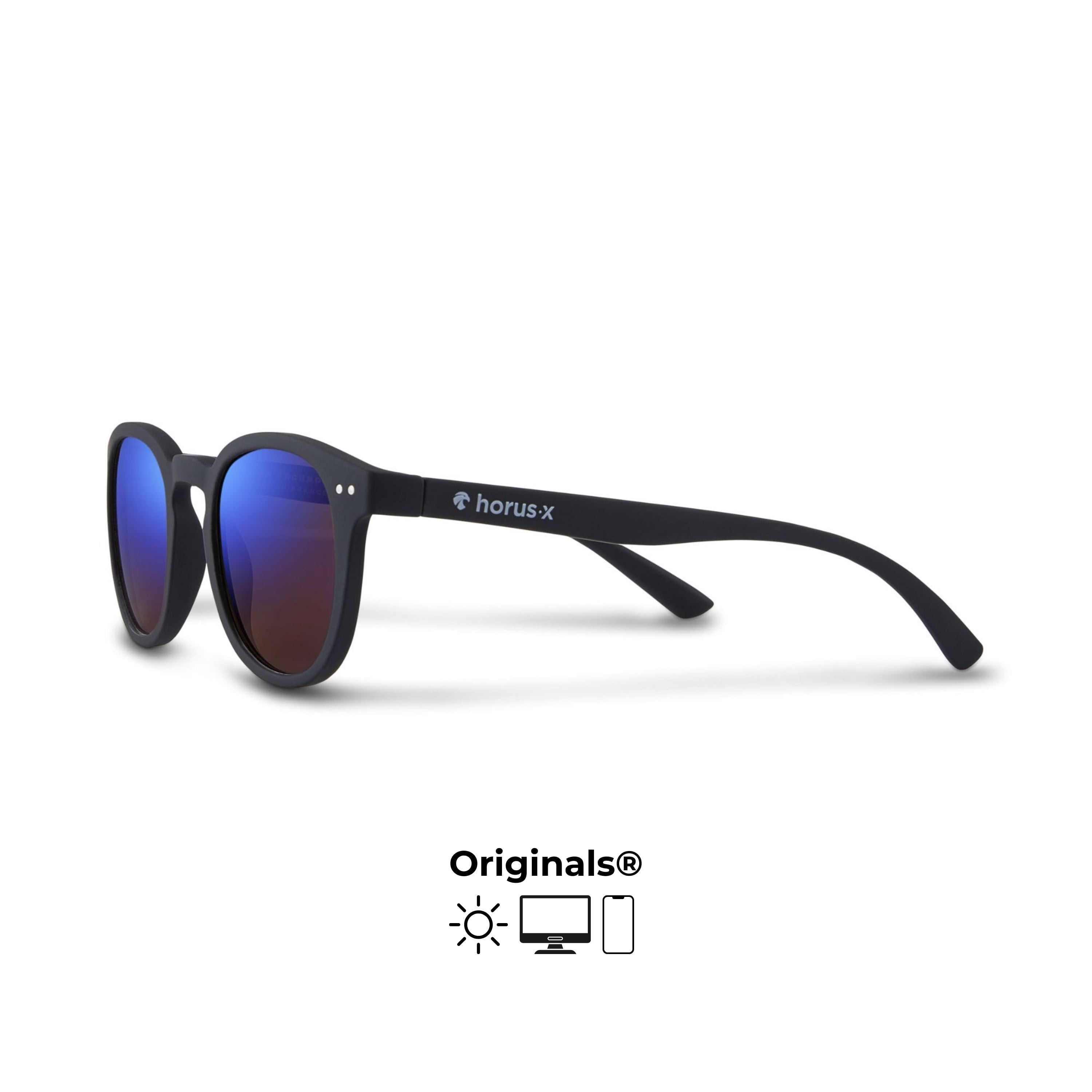
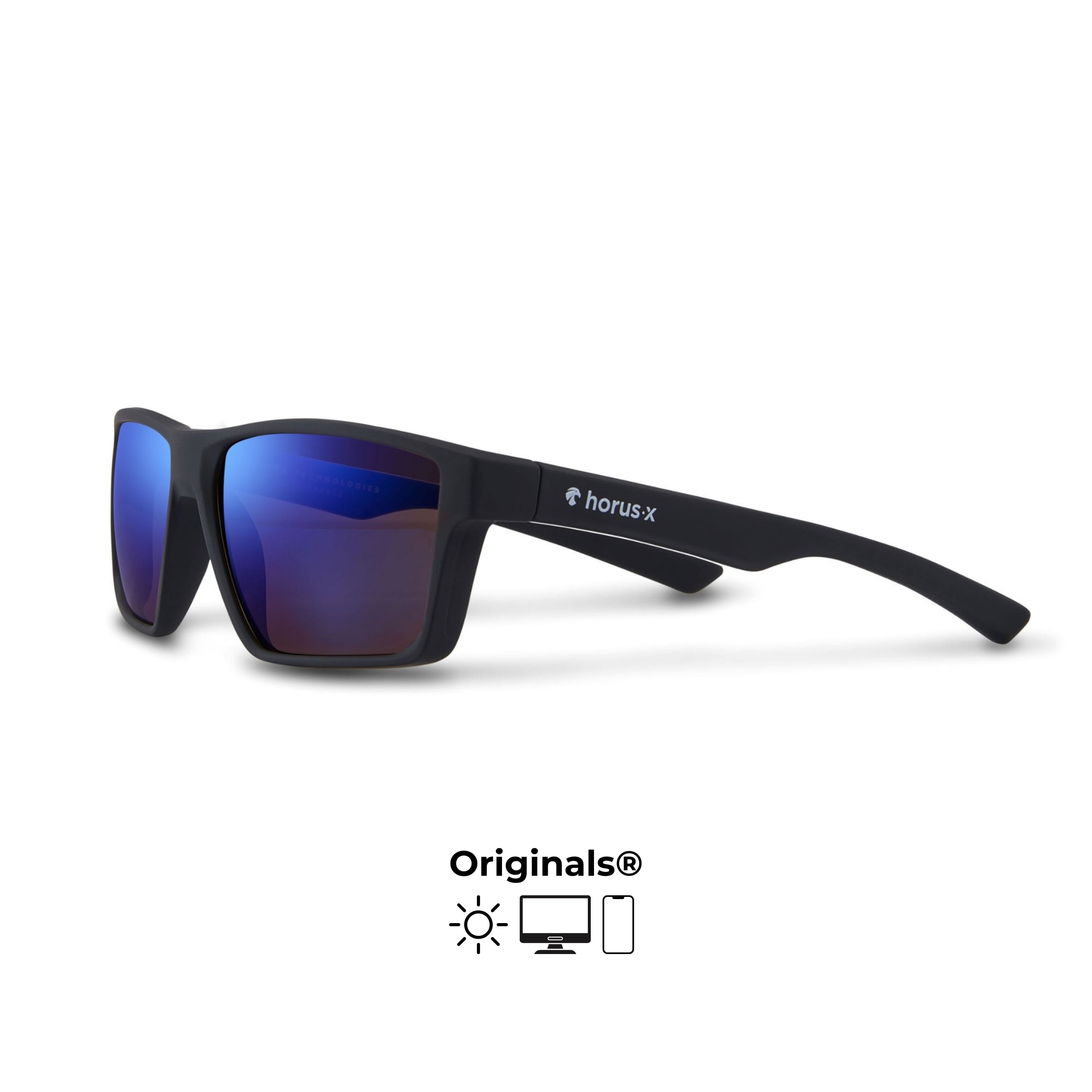
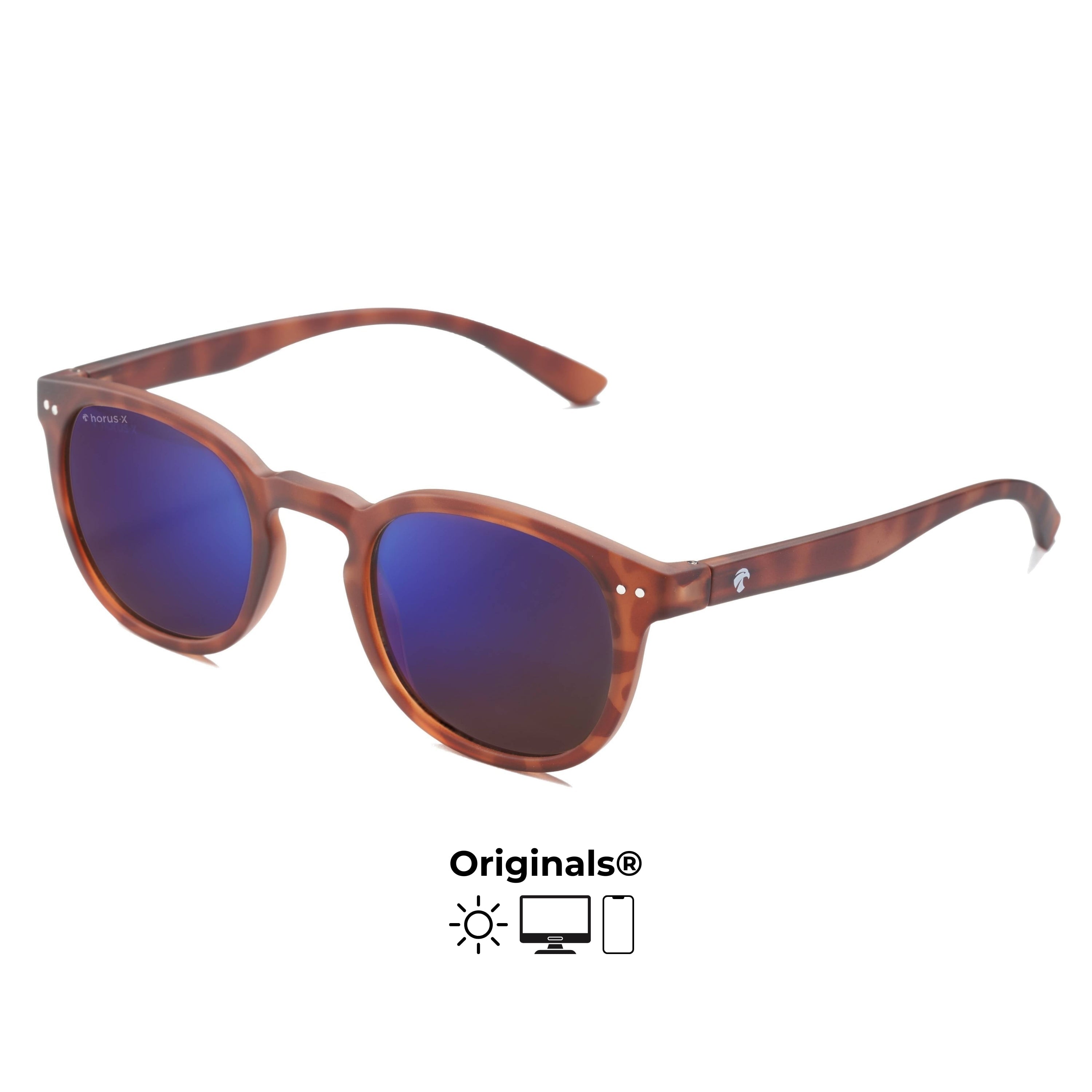
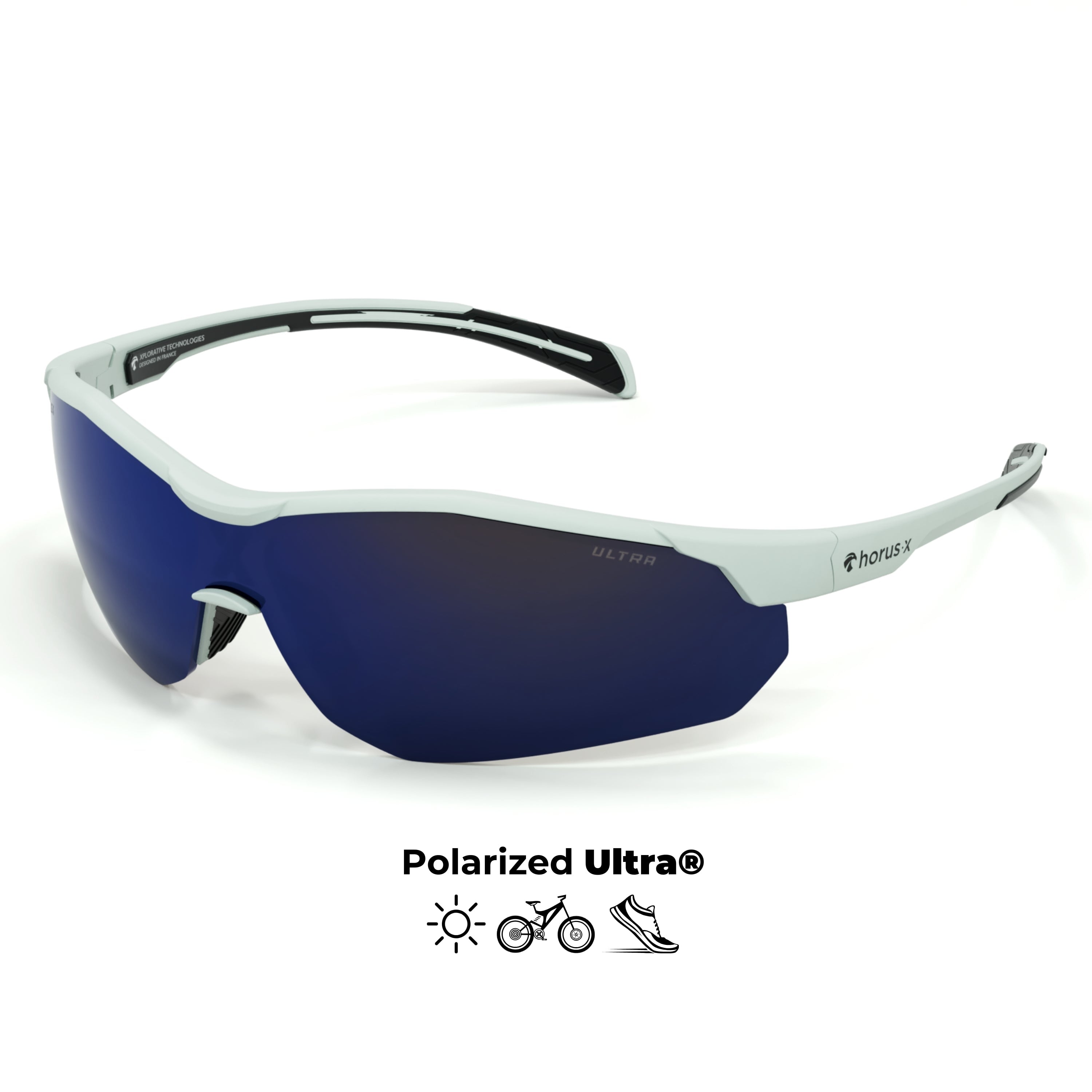
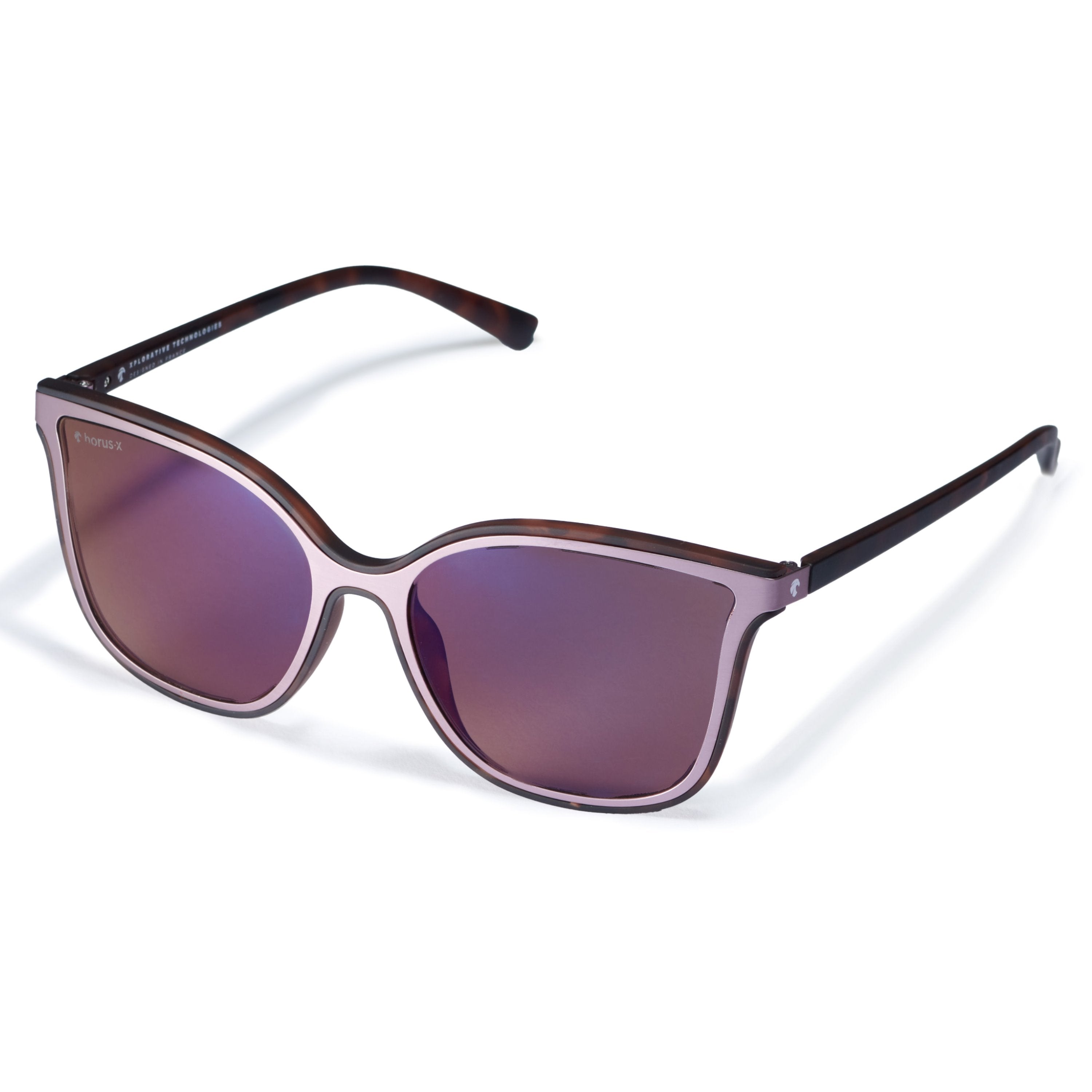
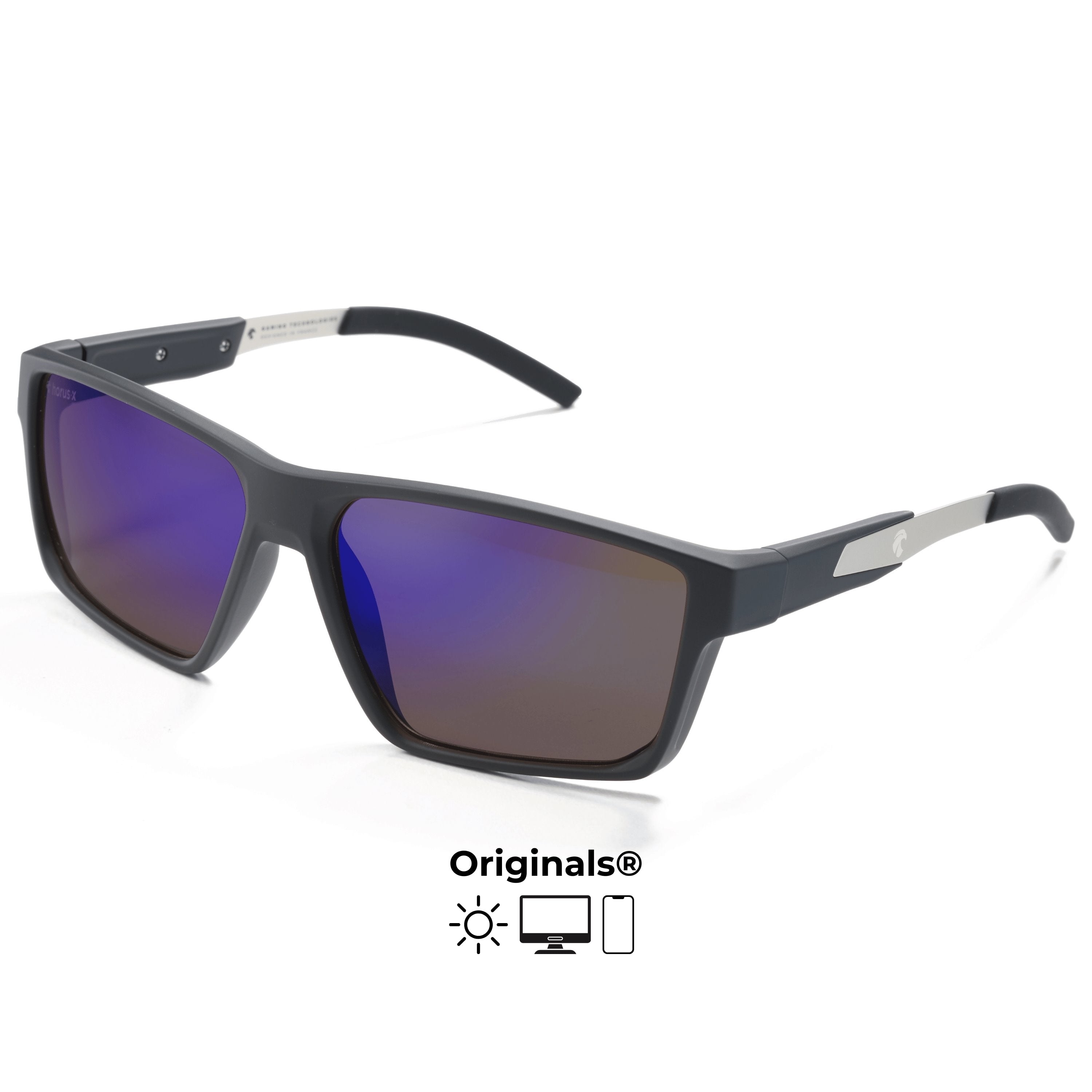
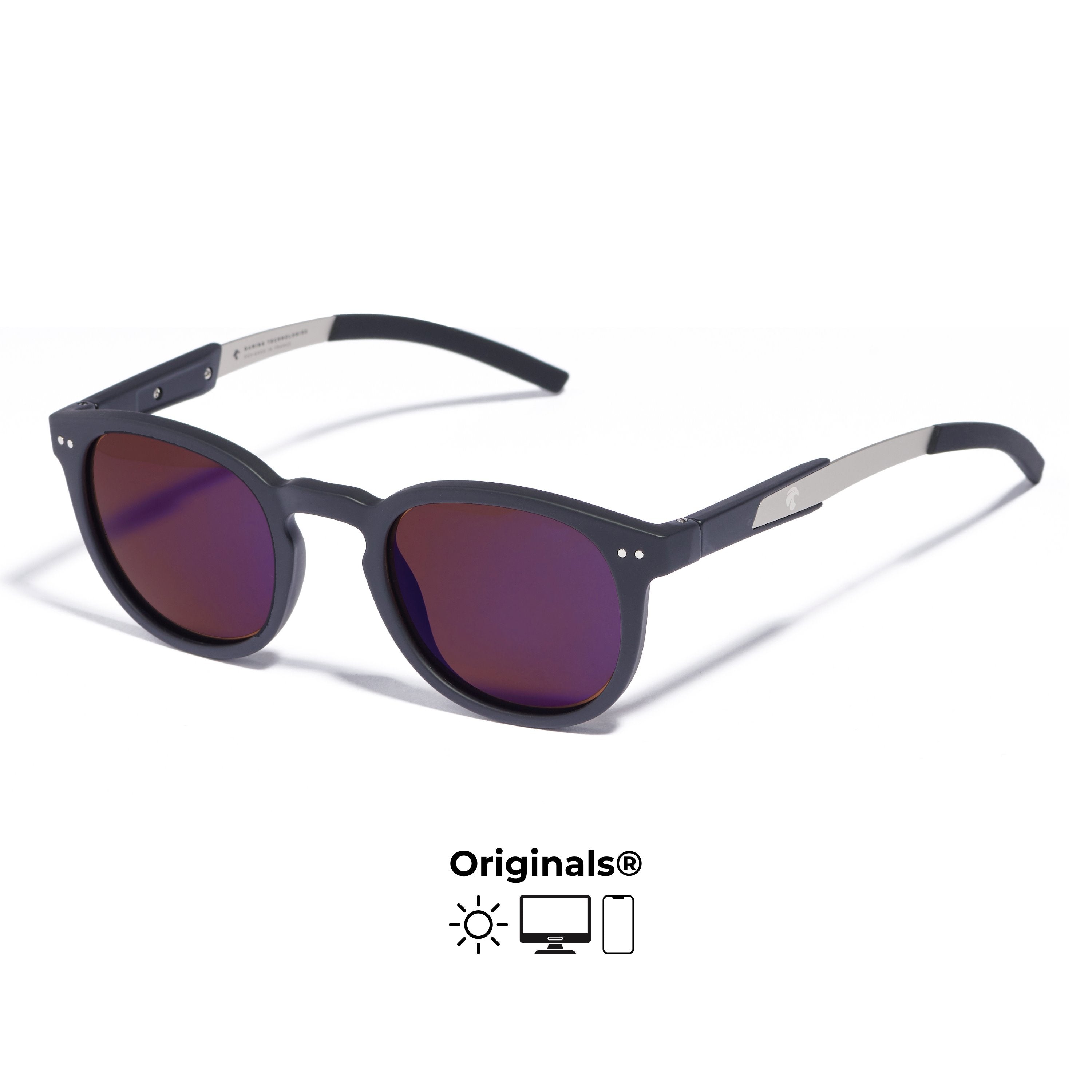
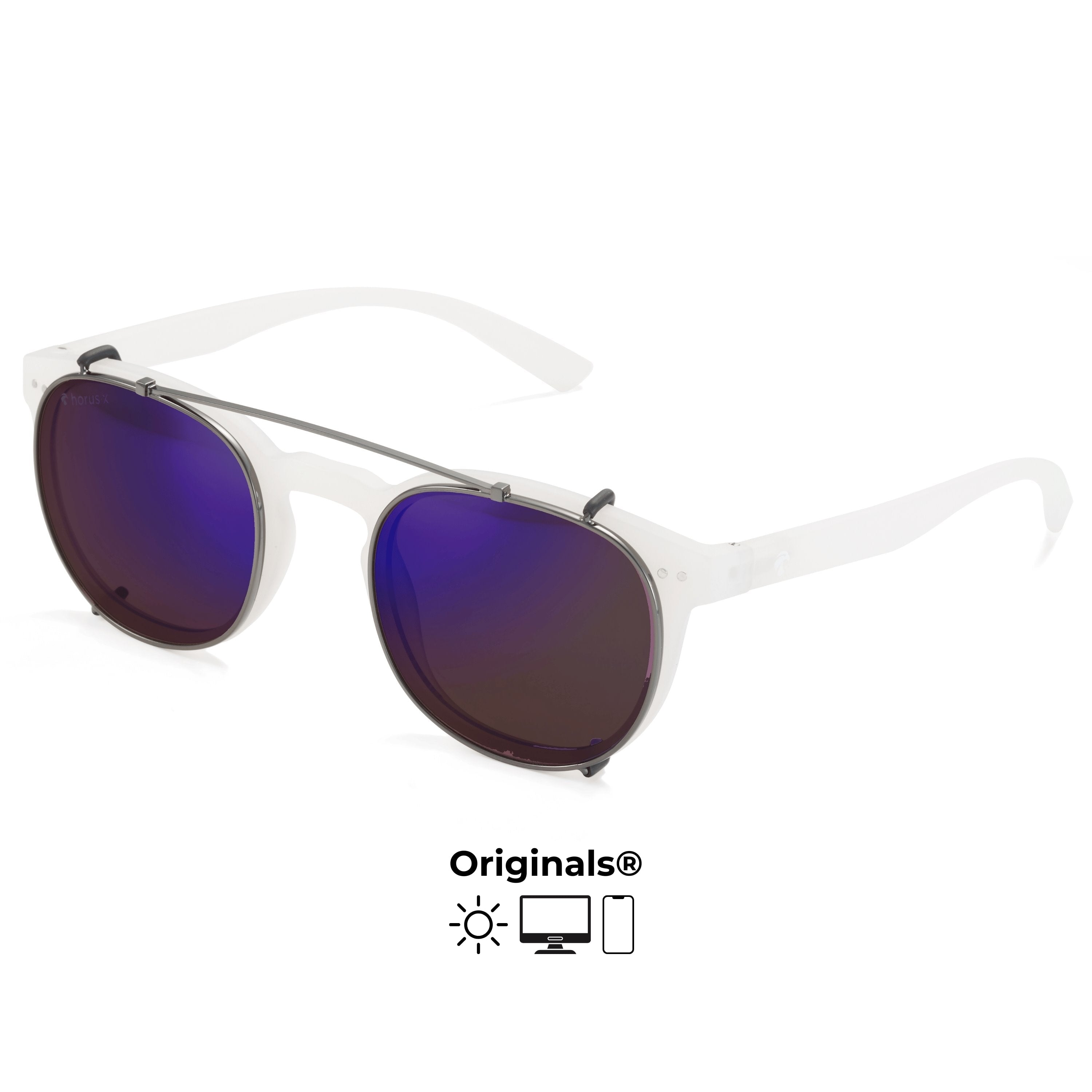
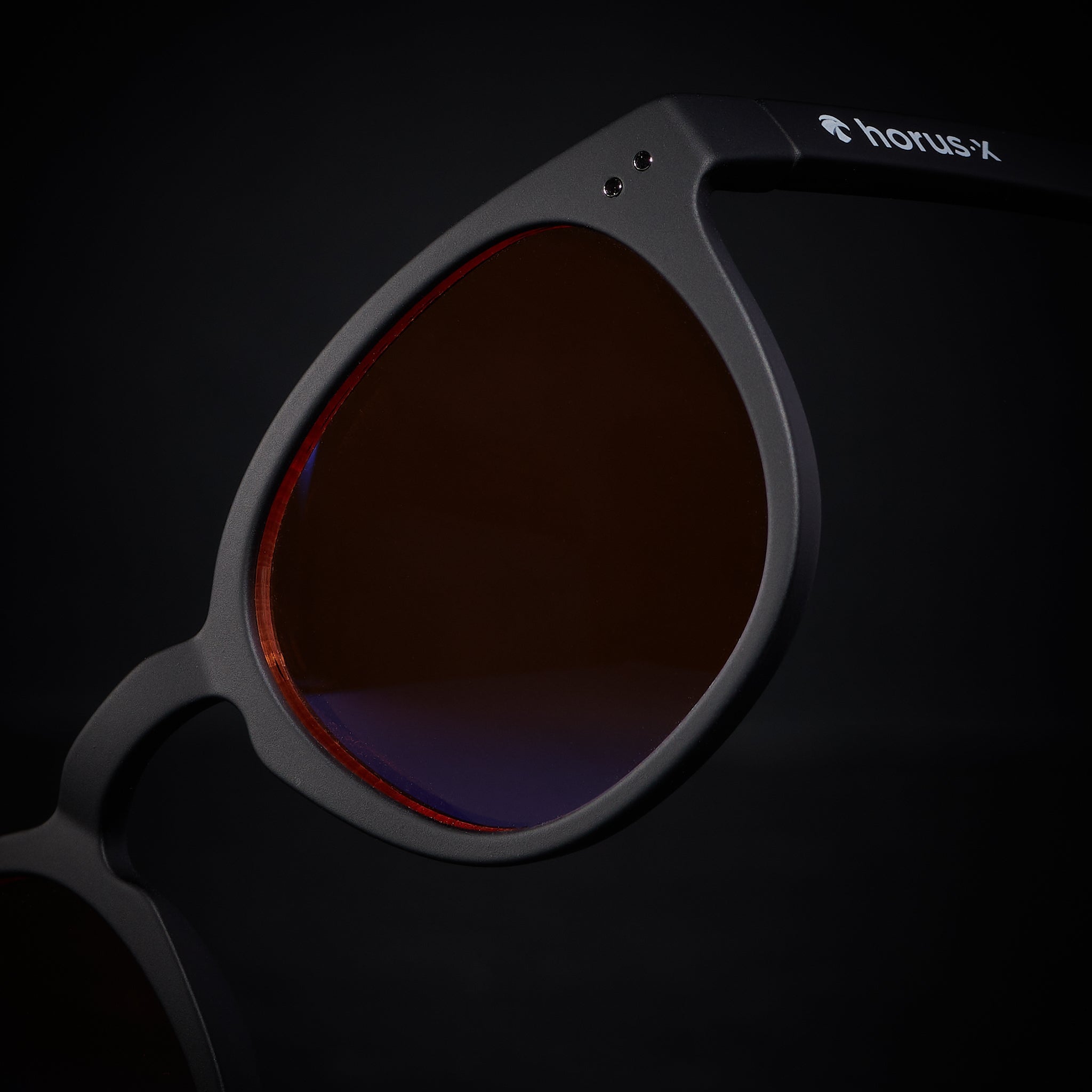
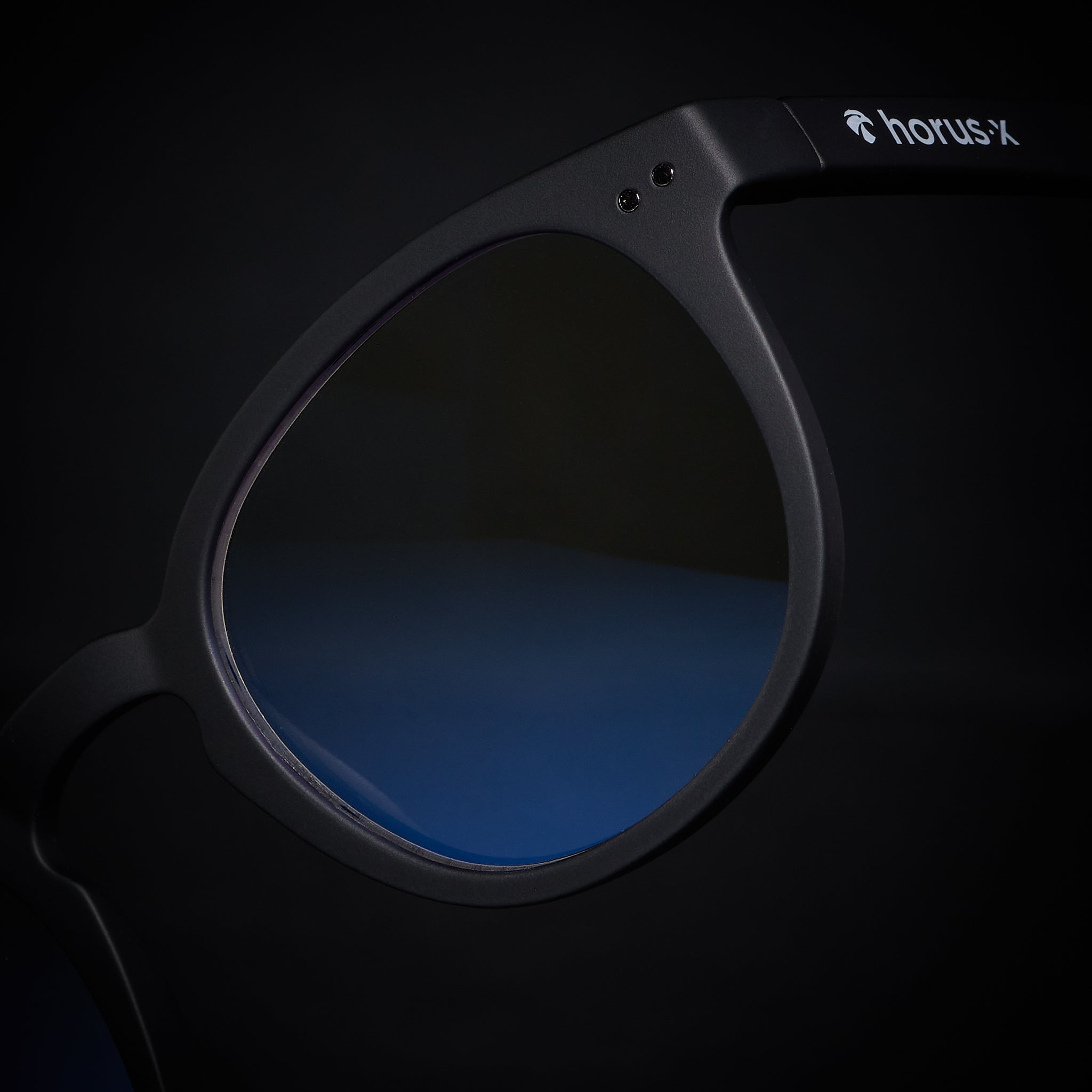





![[Biobased] Lunettes Gaming URBAN](https://cdn.shopify.com/s/files/1/0373/9041/8051/files/Lunette-Ricin-Ecoresponsable_urban-BIOBASED-PLASMA_697402ba-a6aa-454a-85cf-92995565a4f2_250x250.jpg?v=1734620310)






